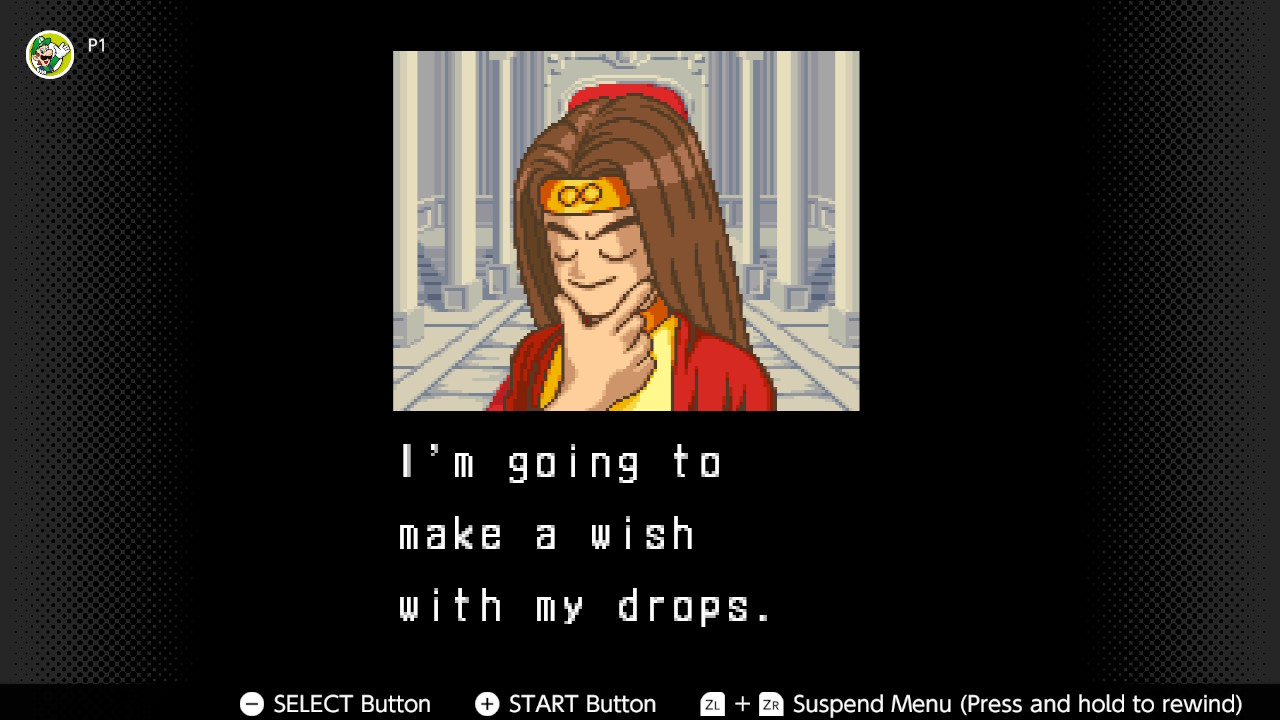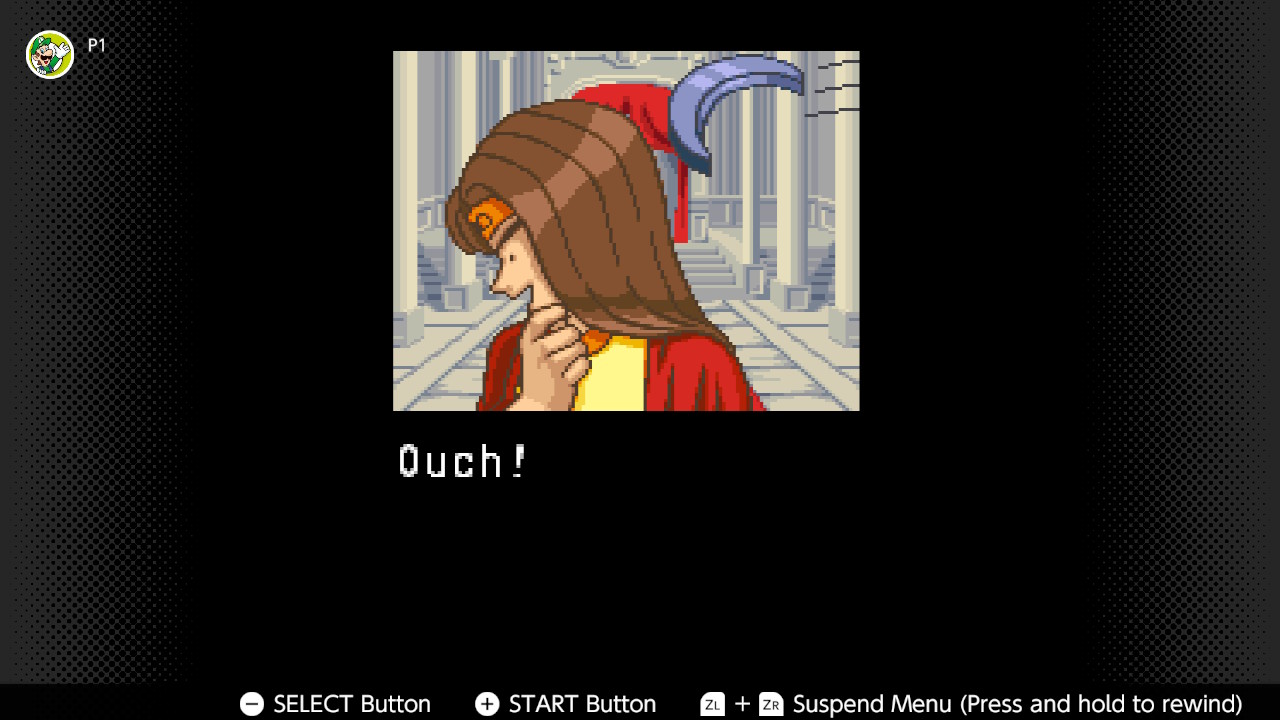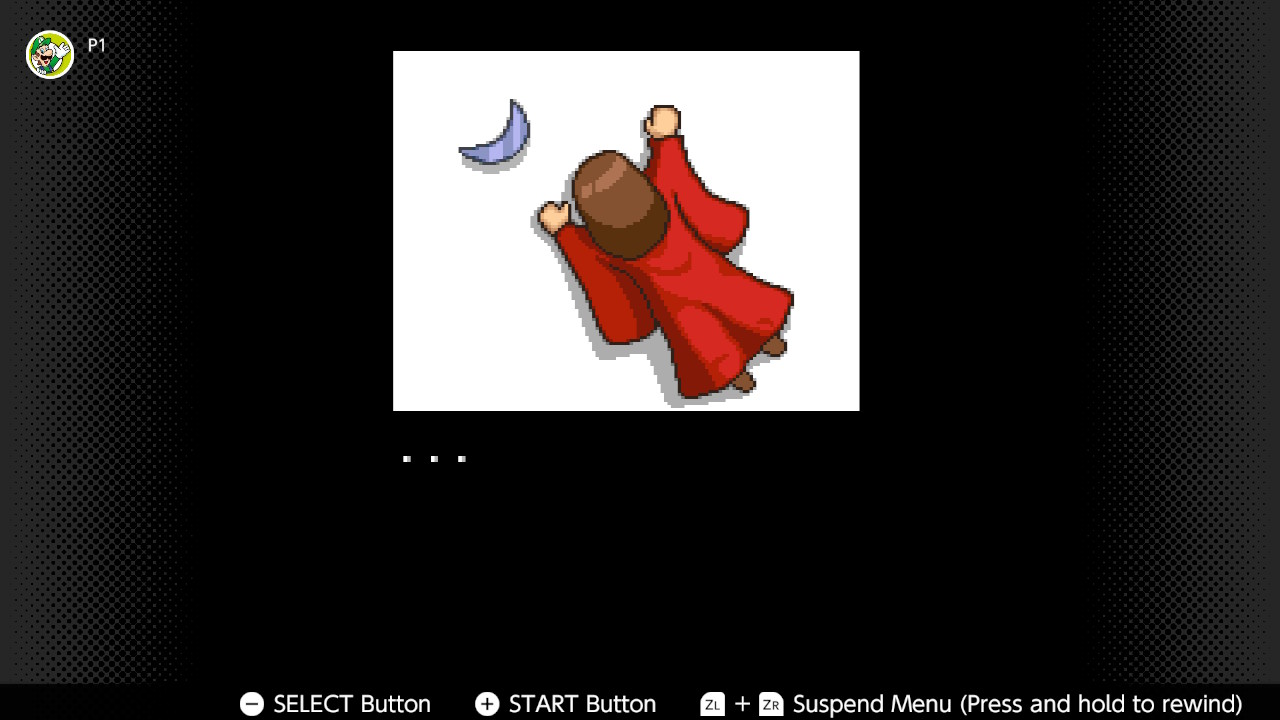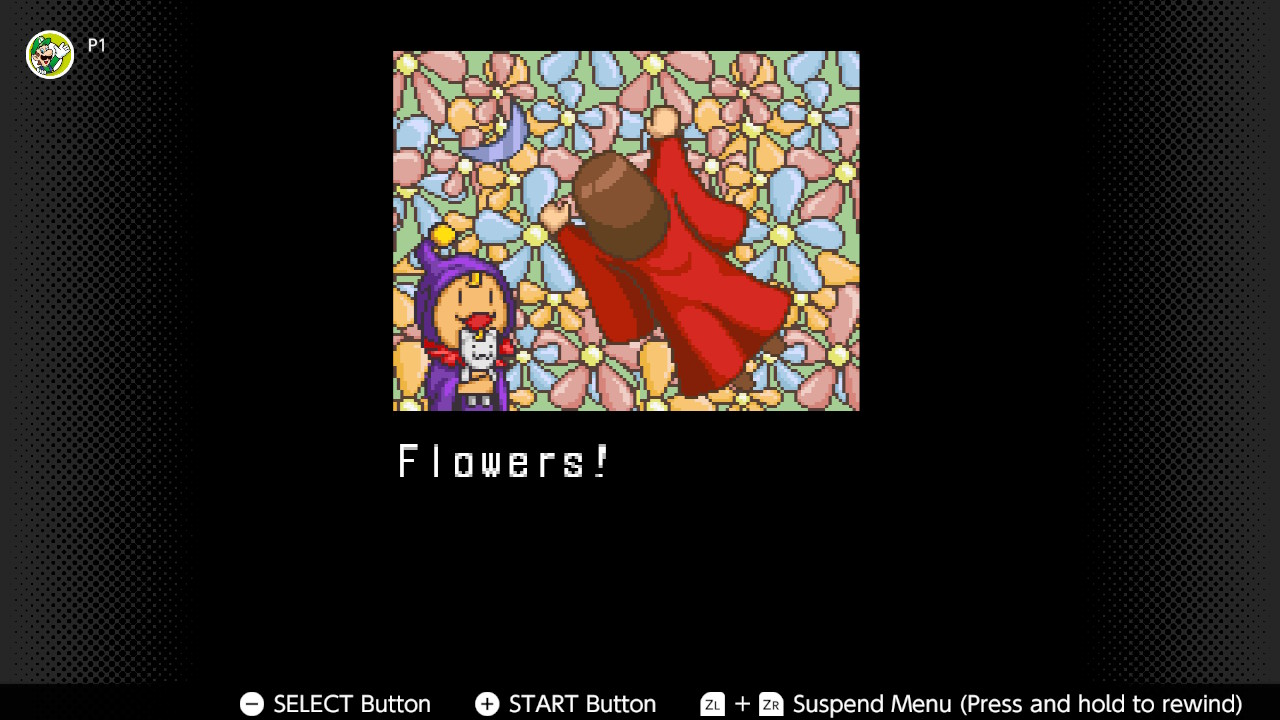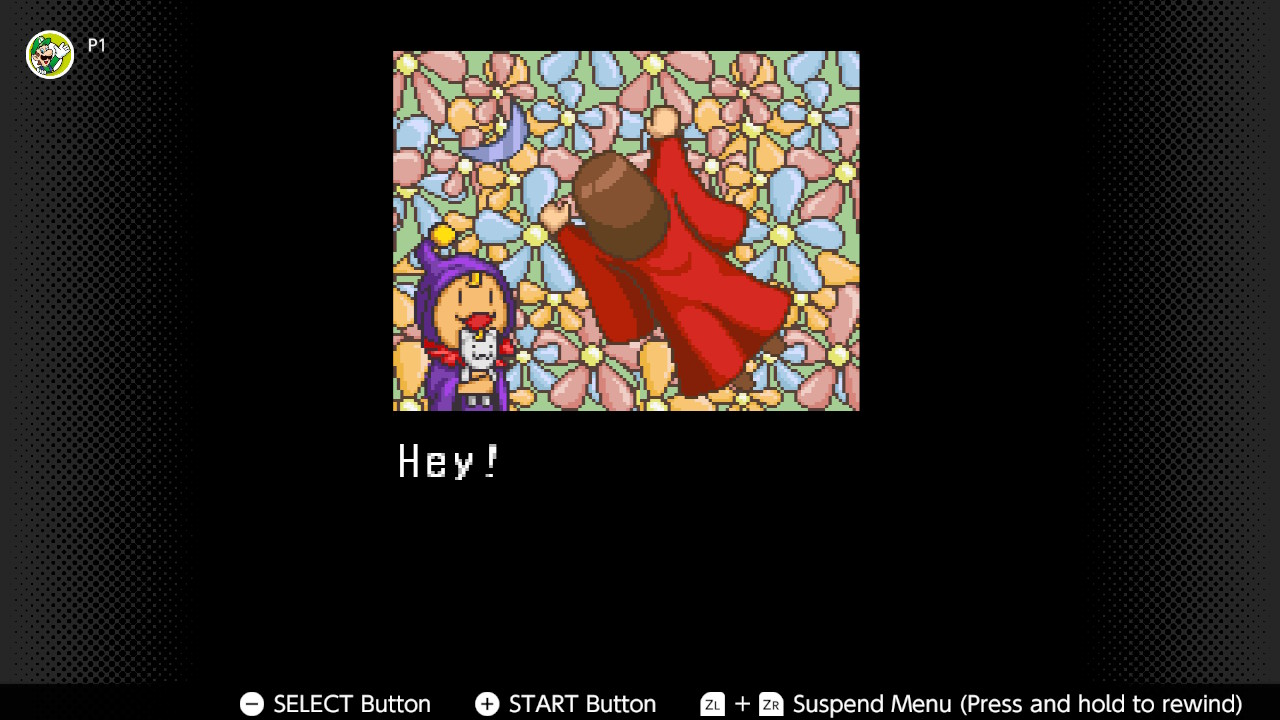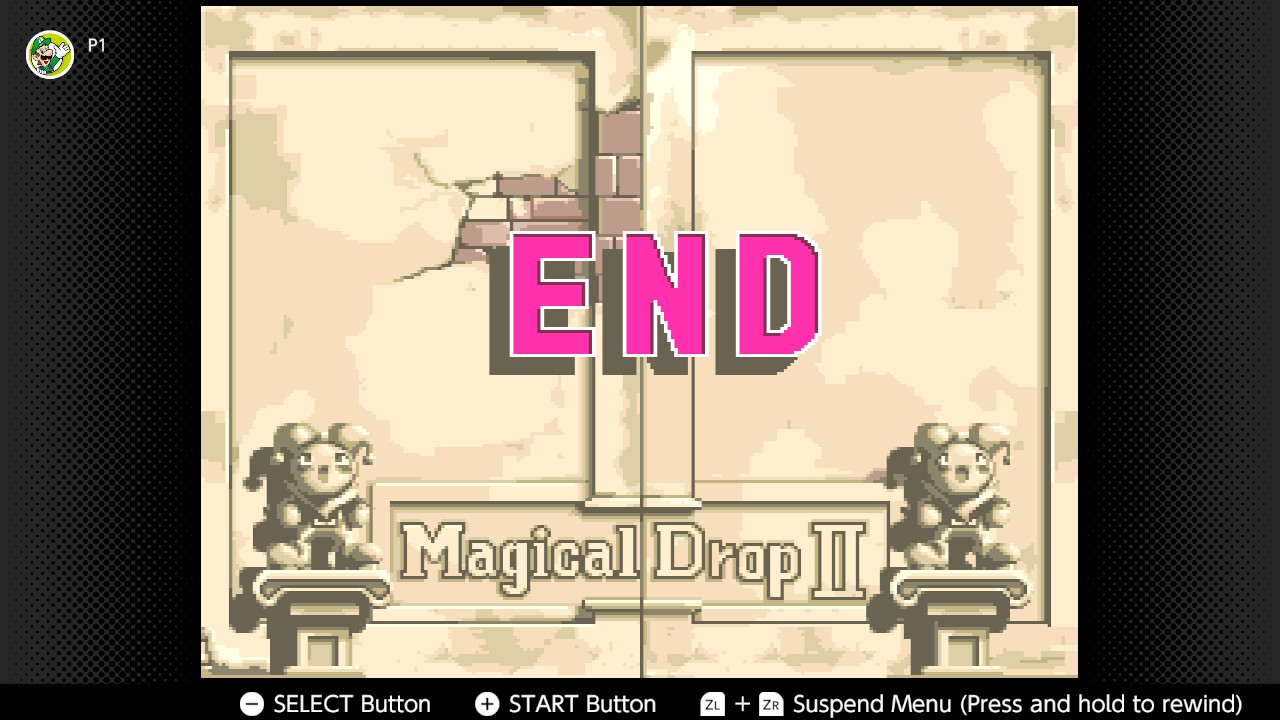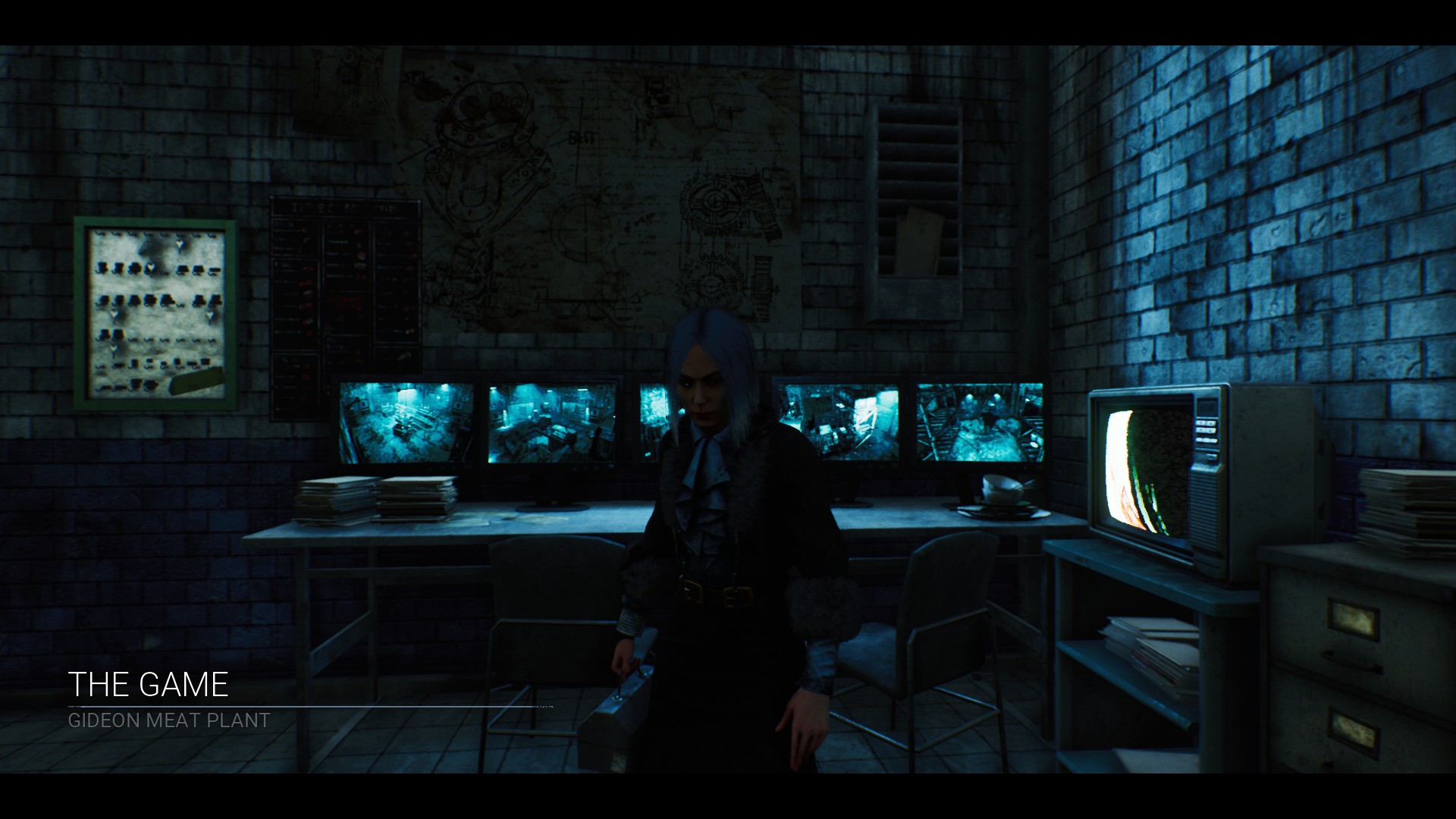
1. Dead by Daylight: In this age of microtransactions and games that last forever, it seems that everybody has that one eterna-game that they're always playing, that they're always talking about - nowadays, FF14 has been a popular choice. Well, in 2021, this horror fan tried out the 4-v-1 20-minute slasher movie-maker Dead by Daylight, and now, I have joined their ranks. Its success, like that of any good survival horror protagonist, comes down to how effectively it utilizes its available resources: its properties, its characters, its players themselves. You want great interpretations of classic horror villains? How about a genuinely scary, true-to-source incarnation of Michael Myers that's revived the character in popular consciousness as much as the new movies? You want great original characters that aim for the fences? How about a K-pop killer in a pseudo-romance with his savvy, almost-suspecting producer who sees too much of her frustrated artistic ambitions in him to listen to her better instincts? How about a human incarnation of The Birds? How about a zombie cowpoke called "Deathslinger" with a harpoon gun and great chase music? Gameplay variety is almost infinite, changing based on the killer you're facing, the map you're on, the abilities of your fellow survivors, and the behavior of your fellow players. Everything and one brings something to the table.
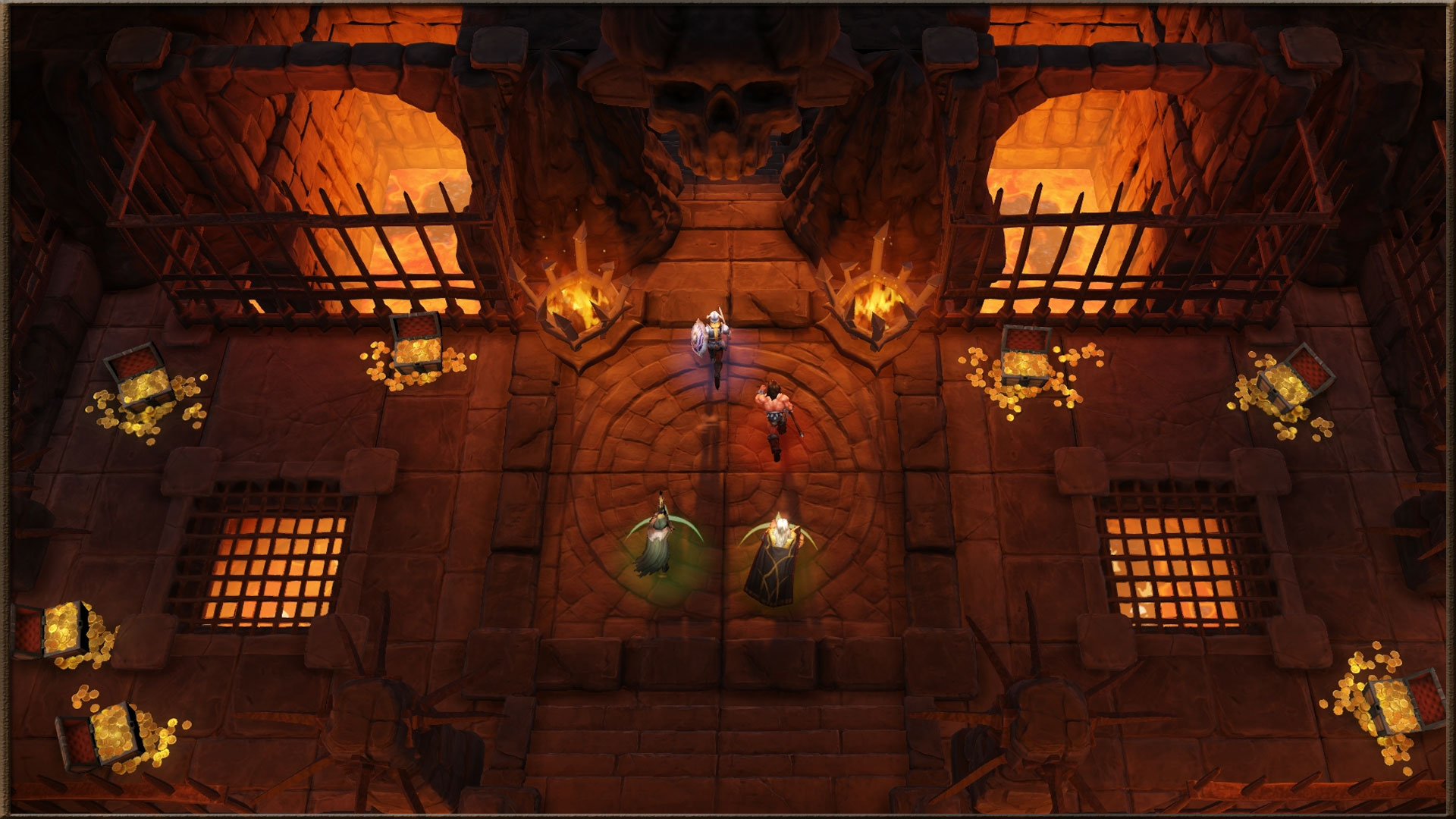
2. Gauntlet: Back in the fight, with blade and steel! When I first played Gauntlet 2014, I freaking hated it. A Gauntlet game where you could initially take only three hits? What were they thinking? But I persevered, and I'm glad I did. Despite that initial hurdle, I think what makes Gauntlet 2014 is that it knows what makes Gauntlet. It knows that, given his excuuuuuuse-me-princess yipes in the original game, the Elf could have never been anything but an annoying twerp. ("For better or worse," the announcer sighs upon his resurrection, "the Elf is back.") The announcer is the final boss. As it ever should have been. It didn't try to replace the hordes of enemies or the piles of shiny treasure or Death; it just used modern gaming sensibilities to intensify them to an elevated form. The modern touches are added in a way that complements the base of the game - character abilities that taken some mastering (not too much, but thought and skill are required) and capitalize on the characters' hallmarks (the heavily-armored Valkyrie gets a shield whose proper use is instrumental in tanking for your teammates and wading safely through the hordes); using your treasure to buy equippable moves to build flexible loadouts; costume customization. There's just enough complexity to give the game depth but not get in the way of Gauntlet's go-go-go, in-the-moment dungeon-dwelving; it makes it fun like you remember Gauntlet being. I had a great time going through it. This seems to have been conceived as part of an initiative to revive old arcade titles in the publisher's stable, but given the lack of followups, it doesn't seem to have taken, and what a pity. I would have loved to have seen other classics revitalized in this manner.
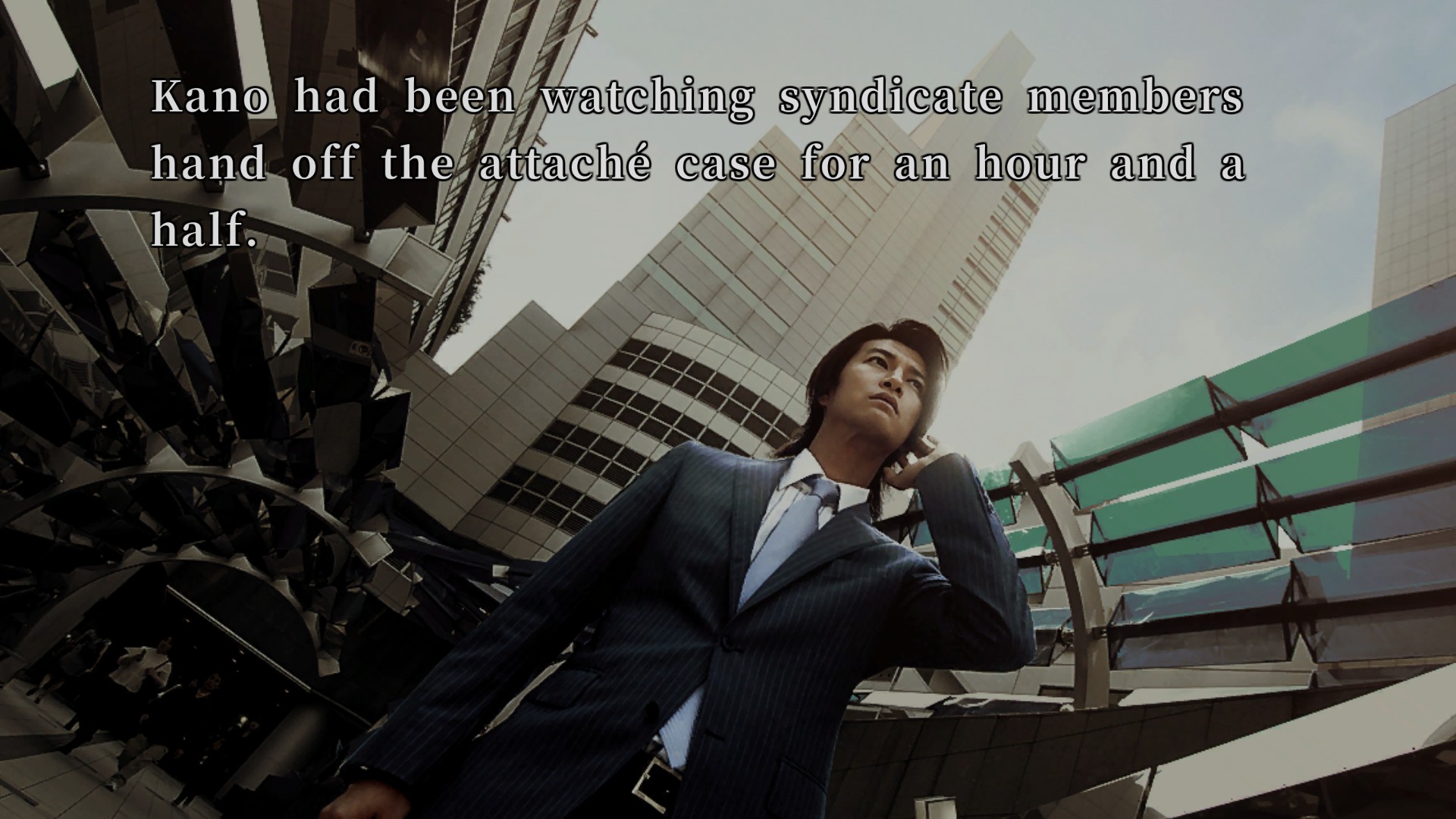
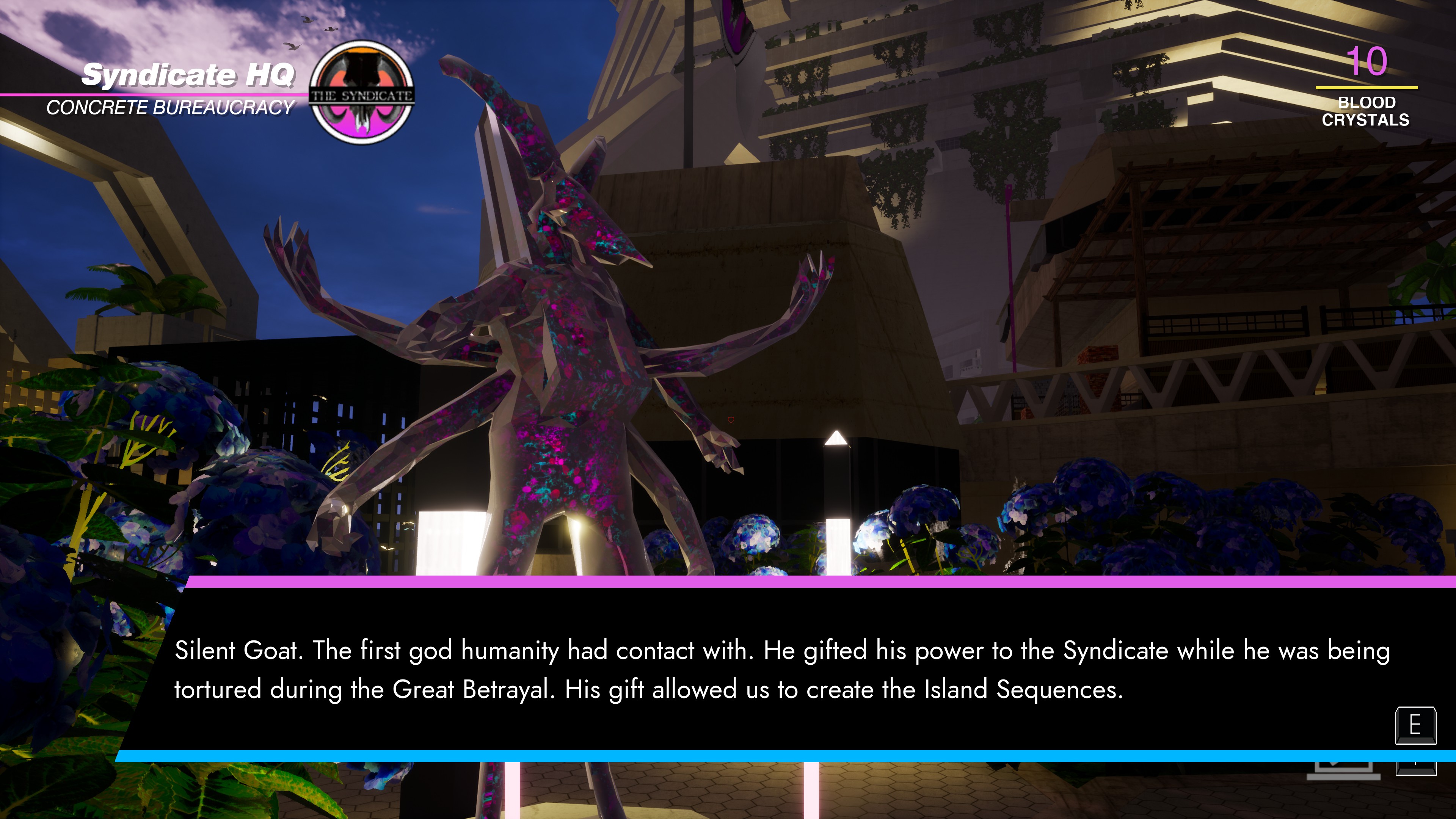
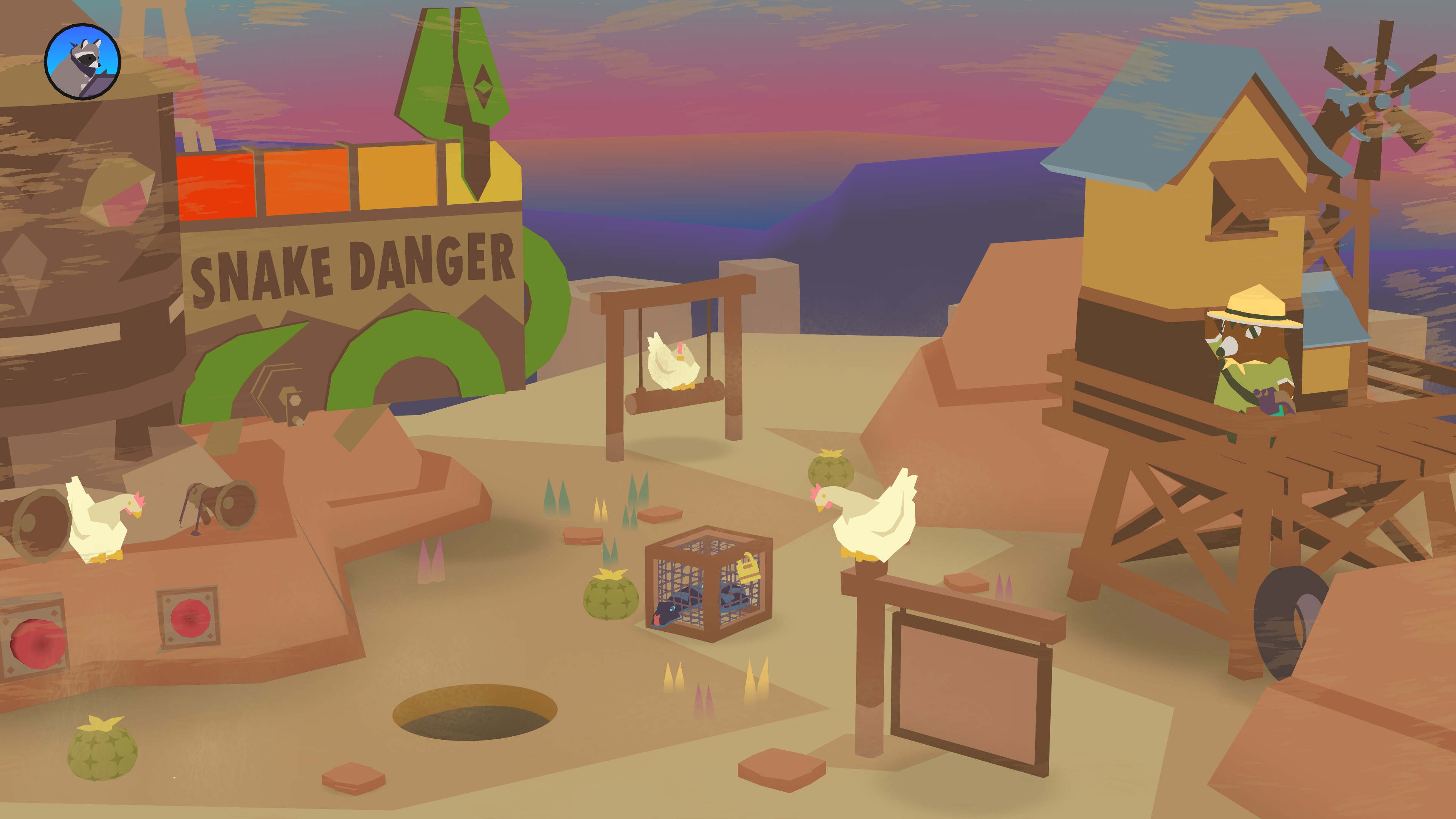
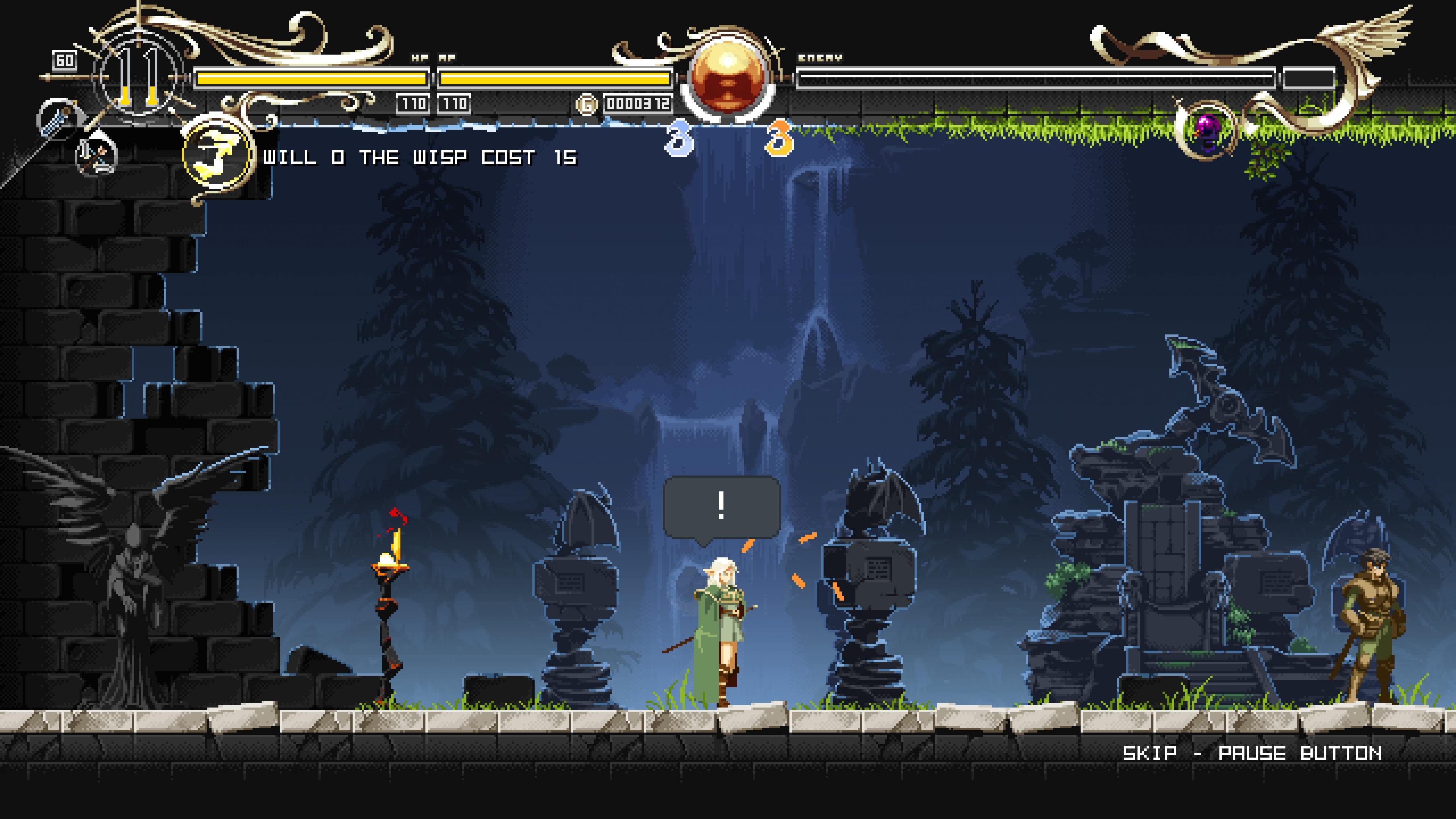
6. Redord of Lodoss War: Deedlit in Wonder Labyrinth: Wonder Labyrinth is proof that endings can make all the difference. The gameplay is competent, with some glaring holes, and the visuals can be lush, though their inspirations and appropriations at times painfully apparent. But the emotion of the story's denouement is truly beautiful. Would that all fandoms showed such unbowed, unaging love to their favorite stories and characters.
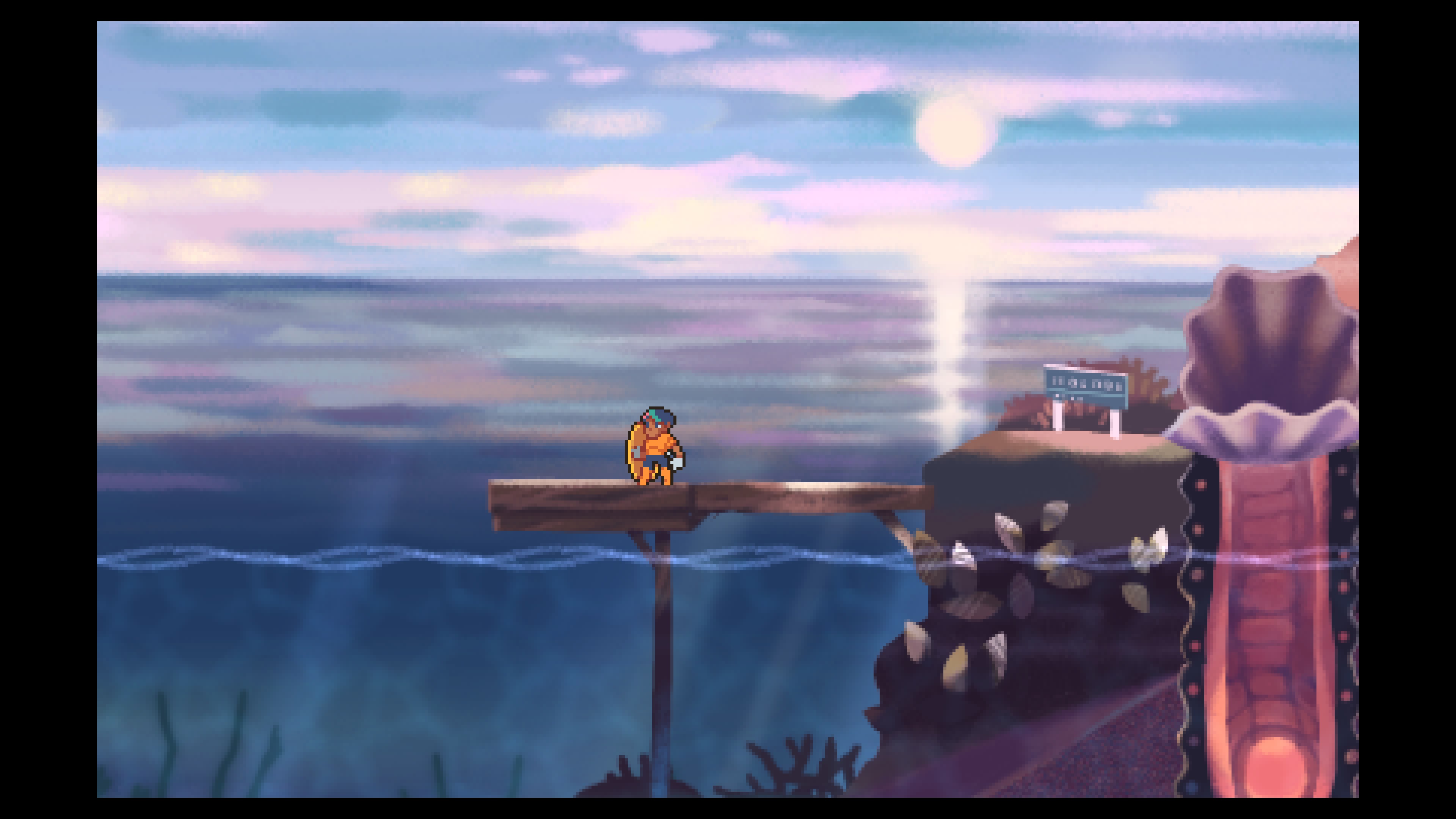
7. Even the Ocean: In a way, I feel guilty about putting this below Wonder Labyrinth, as that game is derivative in many ways, whereas Ocean is wholly original and daring. But again, as with Labyrinth, it all comes down to the ending, and I have to put a highlight spoiler here: I find the school of environmentalism that embraces the apocalypse as just punishment for humanity's crimes creepy. The ending is audacious in a way I can't recall any other game being, in how it asserts, contrary to everything video gaming has taught us, that the actions of one person cannot negate or redirect the course of an entire society, and the uncomfortable tone doesn't take away the good parts, like the game's gorgeous visuals, diversity of cast, and ability to craft heart-pounding action with a total lack of violence. I would say, though, that it does cast a pall over the experience as a whole.
I have had a very busy 2021. You wouldn't guess that based on my online activity, which has slowed to a crawl. I got out of debt, for one thing. I took on a number of new jobs that bolstered my professional translation career, particularly as it applies to game translation. I reached a health milestone I thought I never would. A significant, long-tenuous family relationship was strengthened. Thanks to incredible generosity, I received an amazing gift that's significantly improved my life. I've been trying to get laws enforced regarding a nearby puppy mill and in doing so have uncovered layers and layers of local obstruction that just keep getting more and more byzantine. I've been trying to reach a decision about where I want to live in the future and have come to a number of realizations regarding current, past, and prospective hometowns in the process - and there's still more to mull over.
There are games that I started, but could not finish, in 2021 that I feel define the year. I feel an accounting of the year would be incomplete without a complete reckoning with them. There's also one year-defining game, Angelique Luminarise, that I didn't even get to start but which is going to take a significant amount of time to play, as I want to chronicle my play experience.
Therefore: I am taking a note from our corporate overlords and expanding my gaming 2021 into fiscal year 2021. I'm going to use January, February, and March to close out this momentous gaming year. But it's December 31, and a look back is required. Consider this list tentative. What follows are the 2021 games still in consideration, that might very well deserve a spot on this list:
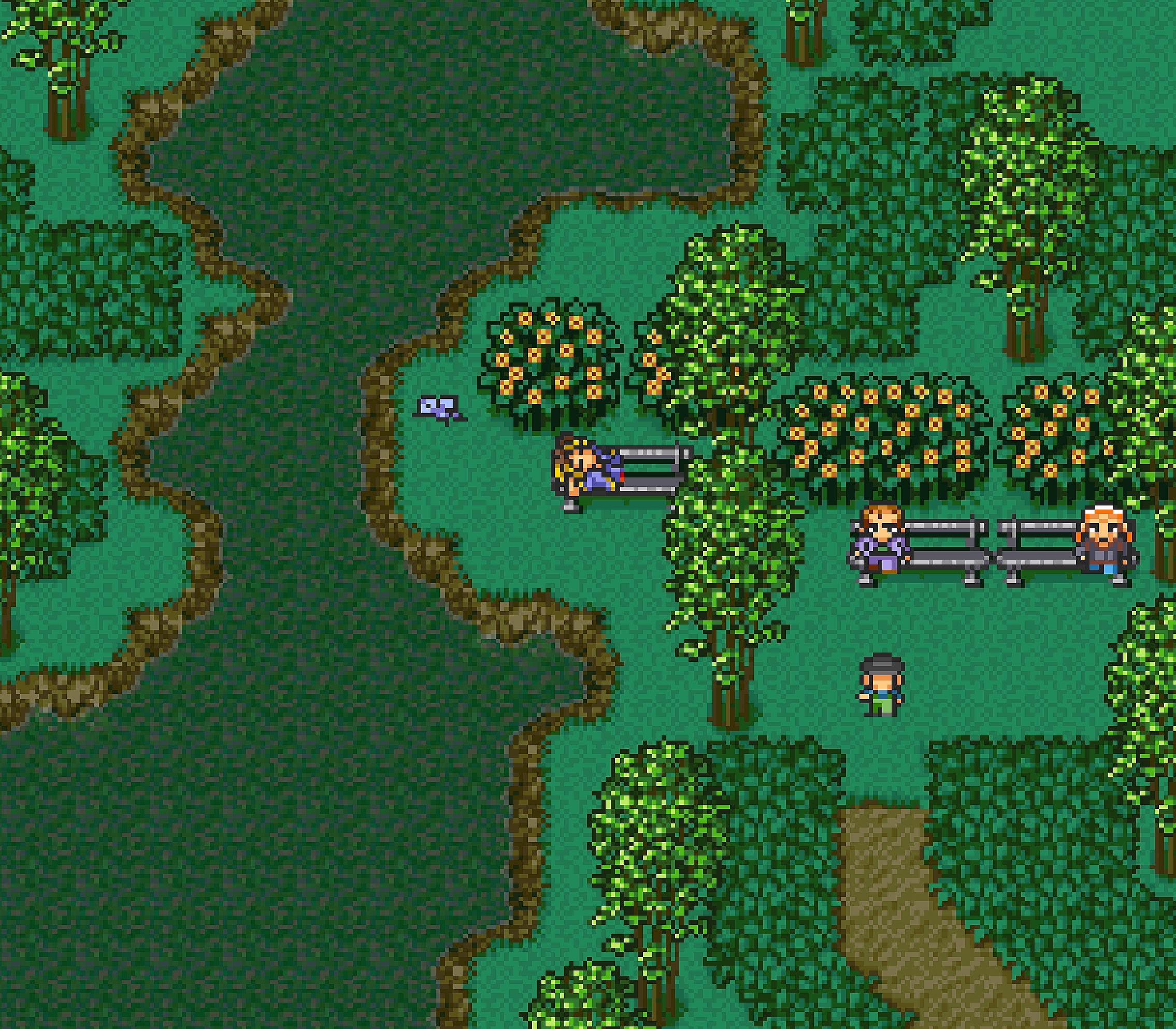
I didn't expect Live-a-Live to end the year unfinished. From my familiarity with later plot developments, I envisioned it as a great untranslated 16-bit Square classic, a commentary on the genre (and, more particularly, FF4), and I liked the promises of its premise. But - well, the game is divided into a number of chapters, some more successful than others, and my attitude brings to mind the observation of longtime comic book dealer Mike Sterling regarding the constant launching of new series and renumbering of old ones: jumping-on points are also jumping-off points. After some of the more lackluster chapters - and even after some of the brighter lights! - I'd found I'd lost my drive to continue. It seems unnatural to keep going after so many "THE END"s. As a result, the prospect of going back began to seem like a chore. Which isn't right, because I'm a mere two chapters before it blowing up, and I've yet to see the meaty parts of its metacommentary. Any game with Doom Horse deserves better!

Haven didn't have to be gorgeous, and yet it is. A tale of two lovers starting a new life together alone on an undeveloped frontier world, it's a uniquely beautiful game - both in its vivid colors and in its sci-fi take on a tale of desert-island romance between two people deeply in love - and it deserves uniquely beautiful surroundings in which to play it. I don't have that at the moment, and I'd like to wait until I do. A beautiful jewel deserves a sparkling setting.
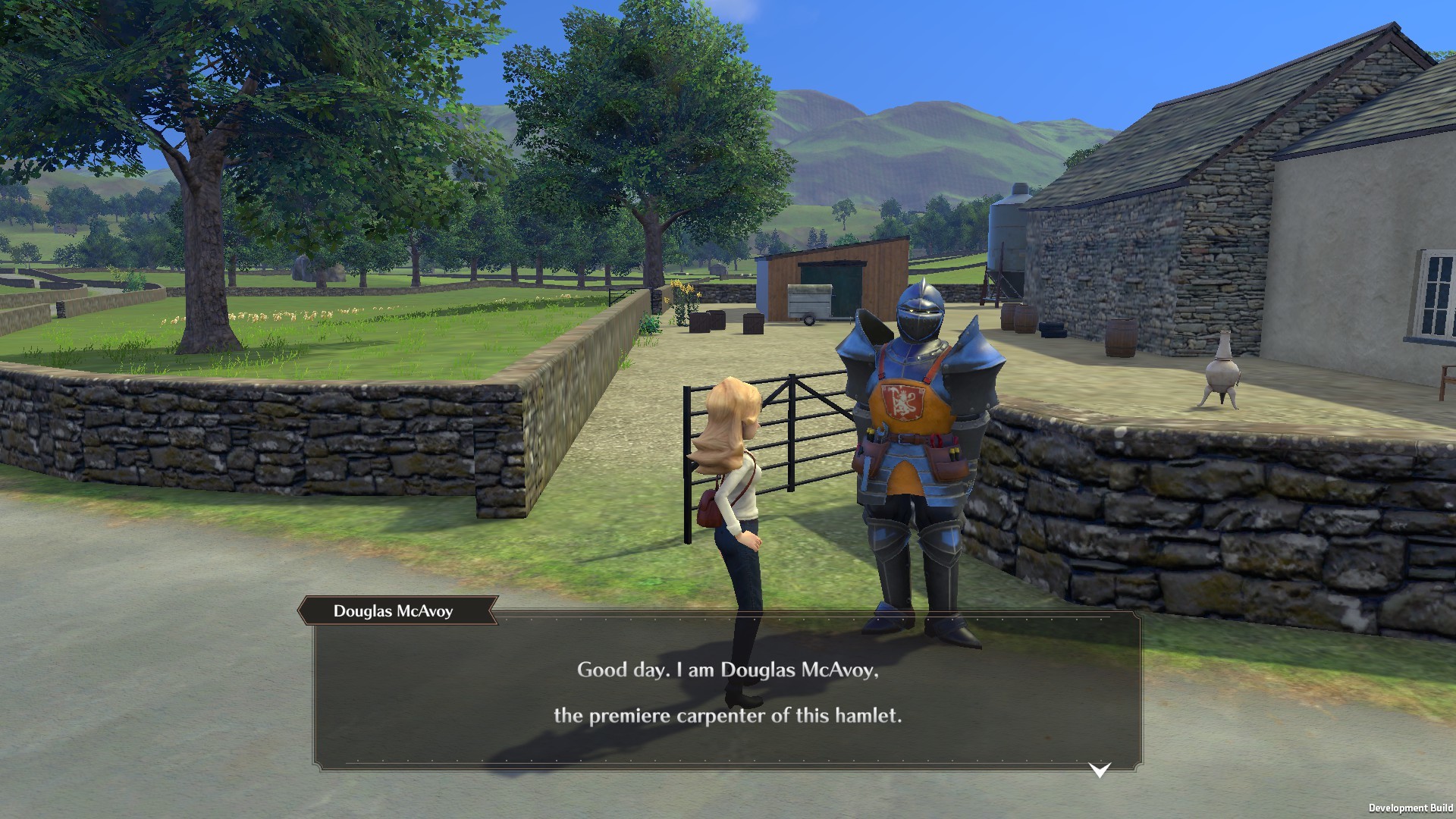
The Good Life was long in production, though it didn't seem that way to me. I think I've internalized that crowdfunded games are always going to miss their initial release dates by a year or two, and Swery sent enough chatty missives to backers about design decisions and him visiting English villages to give a consistent sense of forward progress, or at least suitable wheel-spinning entertainment. I've heard almost nothing about this game's reception, save for a few mildly positive reviews. It seems to have come and gone without almost any notice. After a year of puzzle games, horror, and visual novels, a small-town mystery/sidequest-fest sounds like a good thing right now.
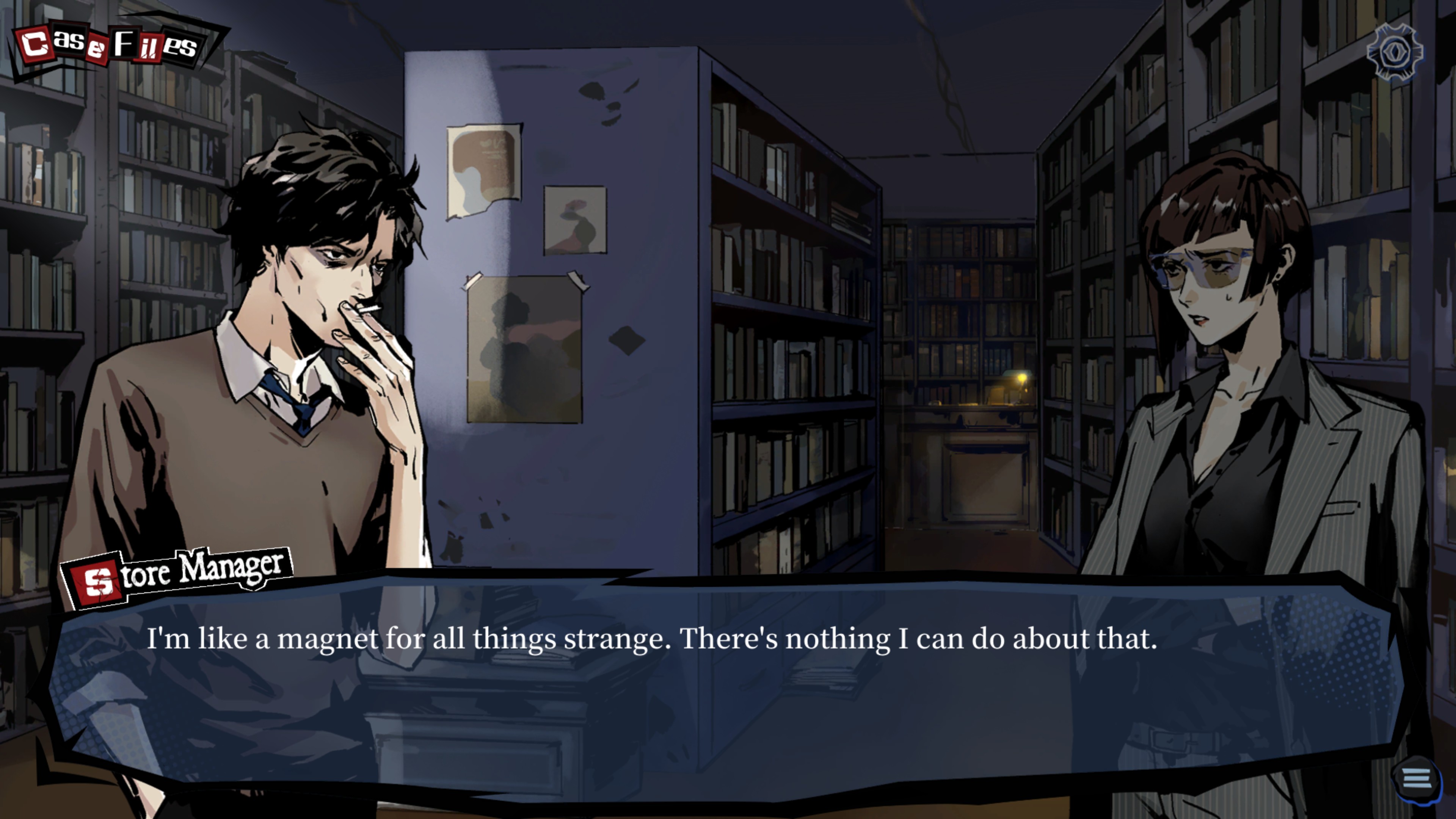
Speaking of visual novels: I picked up Hermitage: Strange Case Files because, quite frankly, the chain-smoking protagonist looked like Royce Bracket from Transistor. Also, he seemed placed in an interesting milieu: as the proprietor of an antique bookstore routinely confronted with supernatural mysteries. I've cracked two of what I believe are six files total and even met an apparent expy of Albus from Order of Ecclesia, and I could go on about this game's various strengths & weaknesses, but its big problem is that it's poorly-translated. That's a bigger problem than usual, since it's trying for a heavily evidence-based deduction system where you have to cite facts you've learned from previous conversations, but it oftentimes is just impossible to figure out what the hell it wants you to prove. I like its art style and its jazzy soundtrack and its ambition and a number of the characters, though. Also, its taste in men.
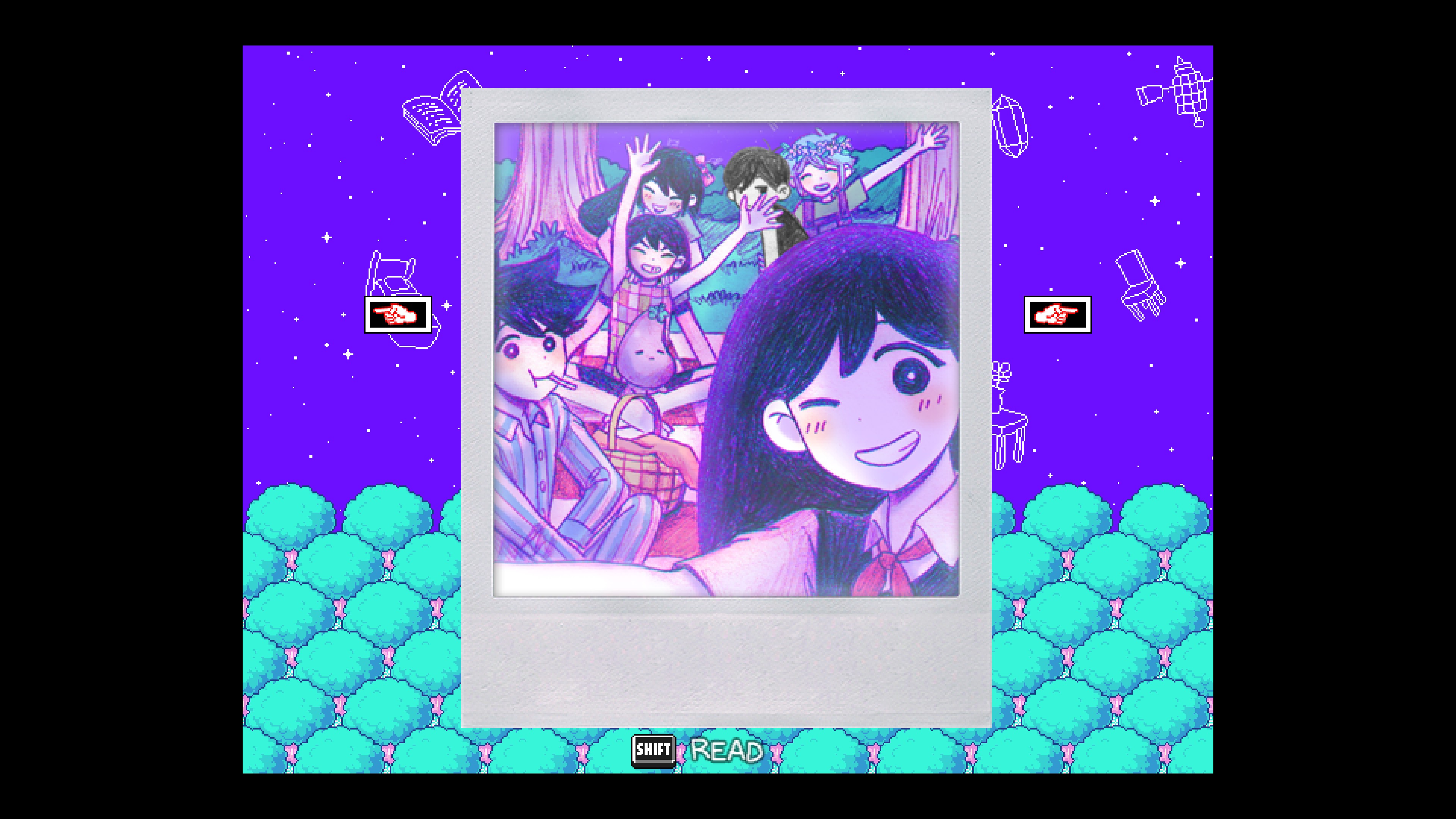
If you're familiar with the world of RPG Maker-influenced games, you've probably heard of Omori, with its intriguing emotion-based mechanics, colorful pencil-drawn animations, and horror-kawaii story, centering around a hikikomori protagonist, that blurs fantasy and reality. I actually know the outline of the story, but I want to see it play out: it seems like a more honest attempt than other Earthbound-inspired titles to wrestle with the darker elements introduced.
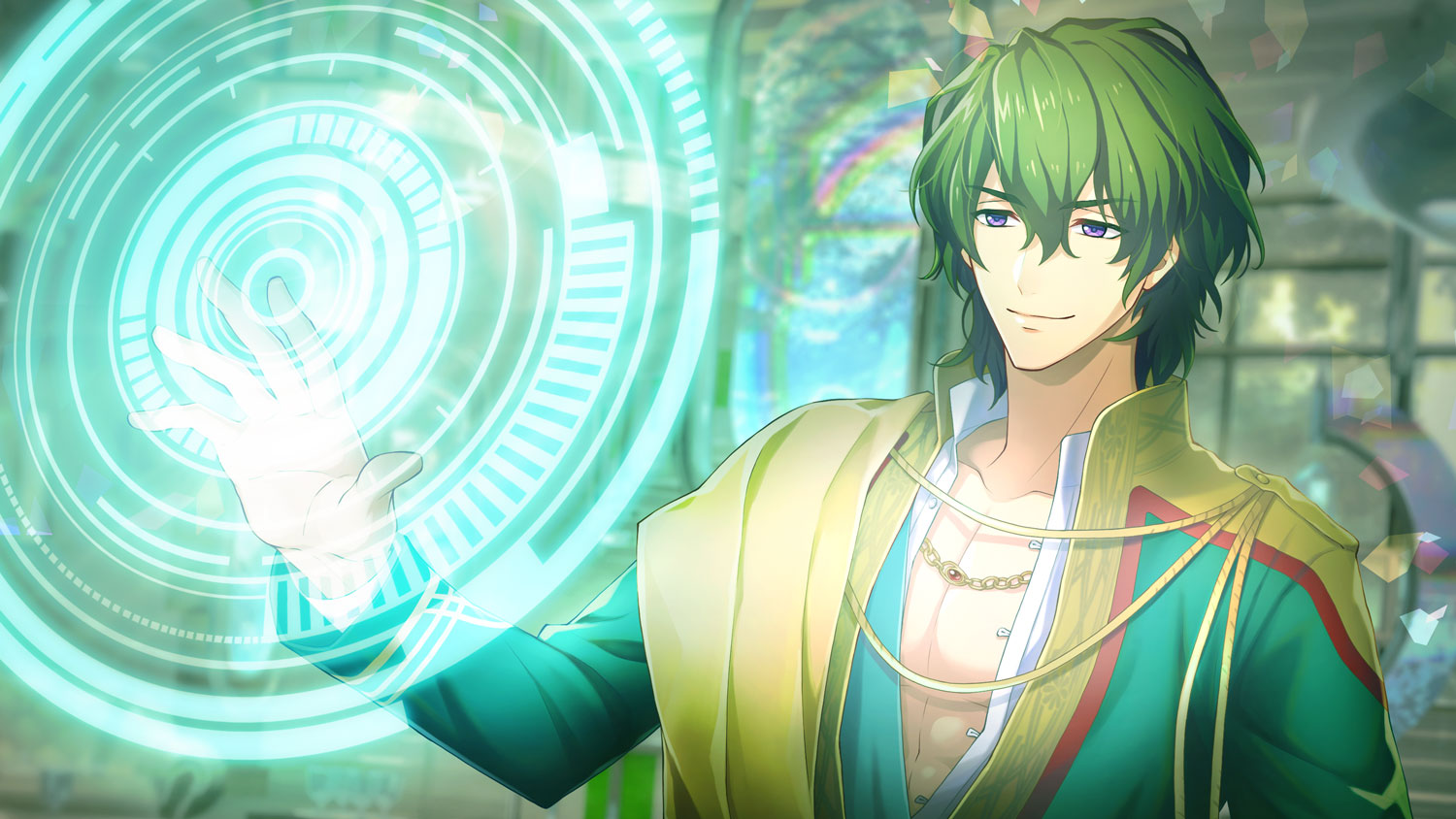
How did I go through 2021 without touching Angelique Luminarise? Well, as detailed, time got away from me. Truth be told, though, it probably has a great deal to do with how dating games - and games in general for me, actually - rise and fall on the strength of their characters, and, quite frankly, I have no attachment to Luminarise's cast. (It also has to do with how I want to chronicle my play experience, and even with the Switch's built-in screenshot function, dealing with images is an eternal speed bump for me on projects.) Given the support Luminarise has received from Koei since its release, however, this world seems the future of the franchise, so I'd better pony up and see what's what sooner rather than later.
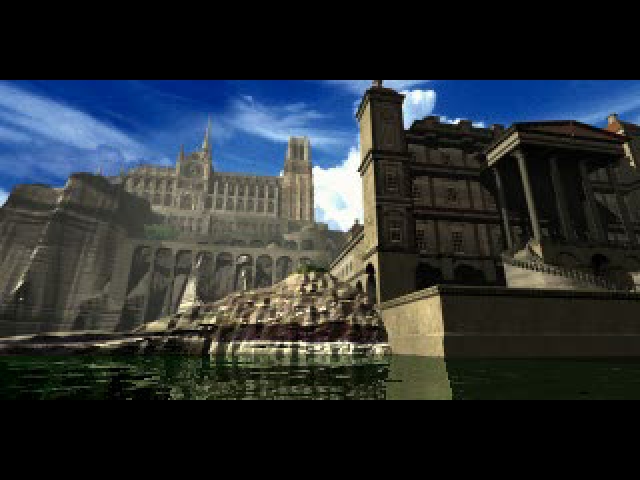
The Book of Watermarks is a PS1 Myst-alike set in the world of The Tempest by way of Enya. The Obscuritory actually covered it recently, which prompted me to try it finally. It never got ported, which is odd, considering it's natively in English, with only very rudimentary and incomplete Japanese subtitles. (Phil Salvador, the guy behind the Obscuritory, mentions the potential homoeroticism of the muscular men dressed as angels and cherubs in Prospero's library; that might have been too much for the PS1 attitude era to handle on these shores.) Unfortunately, the emulation seems hitchy in places, but that's not going to stop me from checking this out.
(Image credit from The Obscuritory; I had a bit of trouble getting screenshots with the emulation.)
The Dumb Fun Award:
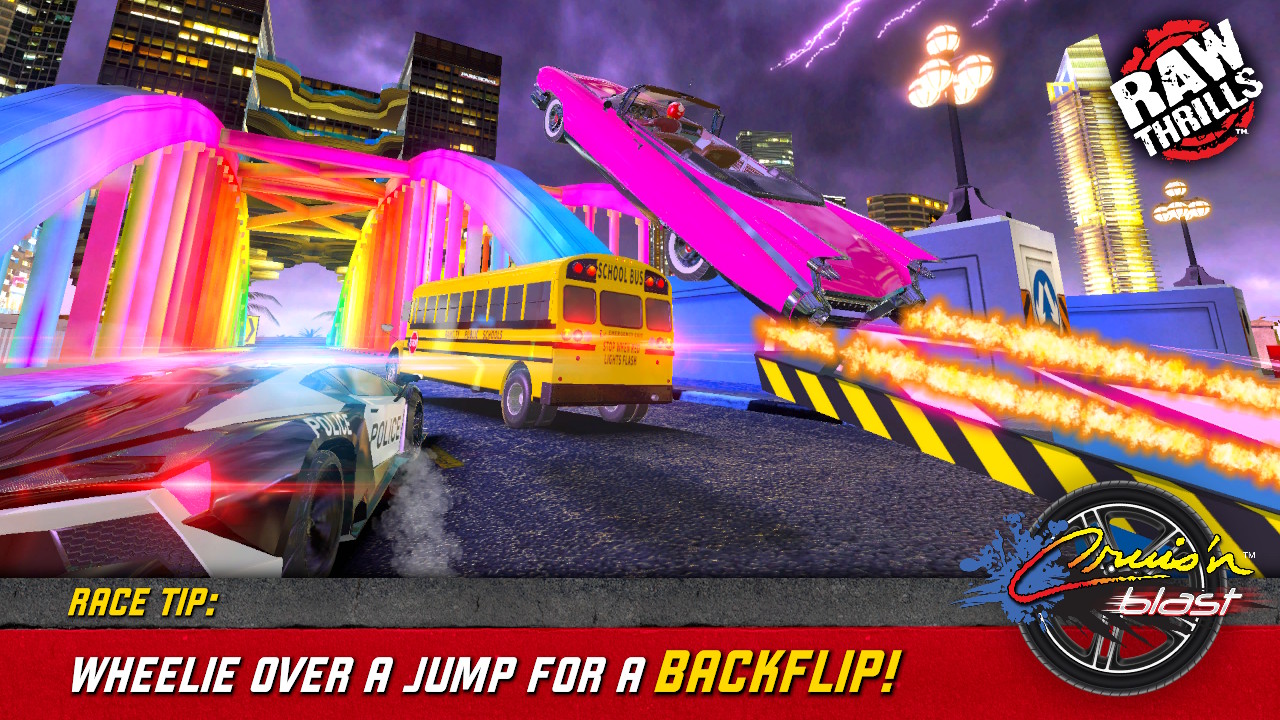
I just picked up Cruisin' Blast on Christmas, and though I'm not the most-qualified judge of racing games, I can affirm it wholly deserved the Fire Escape podcast's prestigious Dumb Thing (Good) award. There doesn't seem to be much strategy to Cruisin'; races are very short (1 to 2 minutes), and you're just trying to drift when you can, pull stunts when you can, and save your nitro for the end. The game exists solely as a delivery system for as much neon spectacle onscreen as possible at any given moment. That's why I nabbed it, and I can't say it hasn't delivered in spades on that front. It looks freaking great, it's continually swinging for the fences with its crust-shattering earthquakes and highway-sweeping tornadoes and yeti fights, and it's terrific for short, sweet bursts of fun. You can even unlock dinosaurs and unicorns for vehicles. That's enough incentive for anyone to dive in.
Biggest Heartbreak:
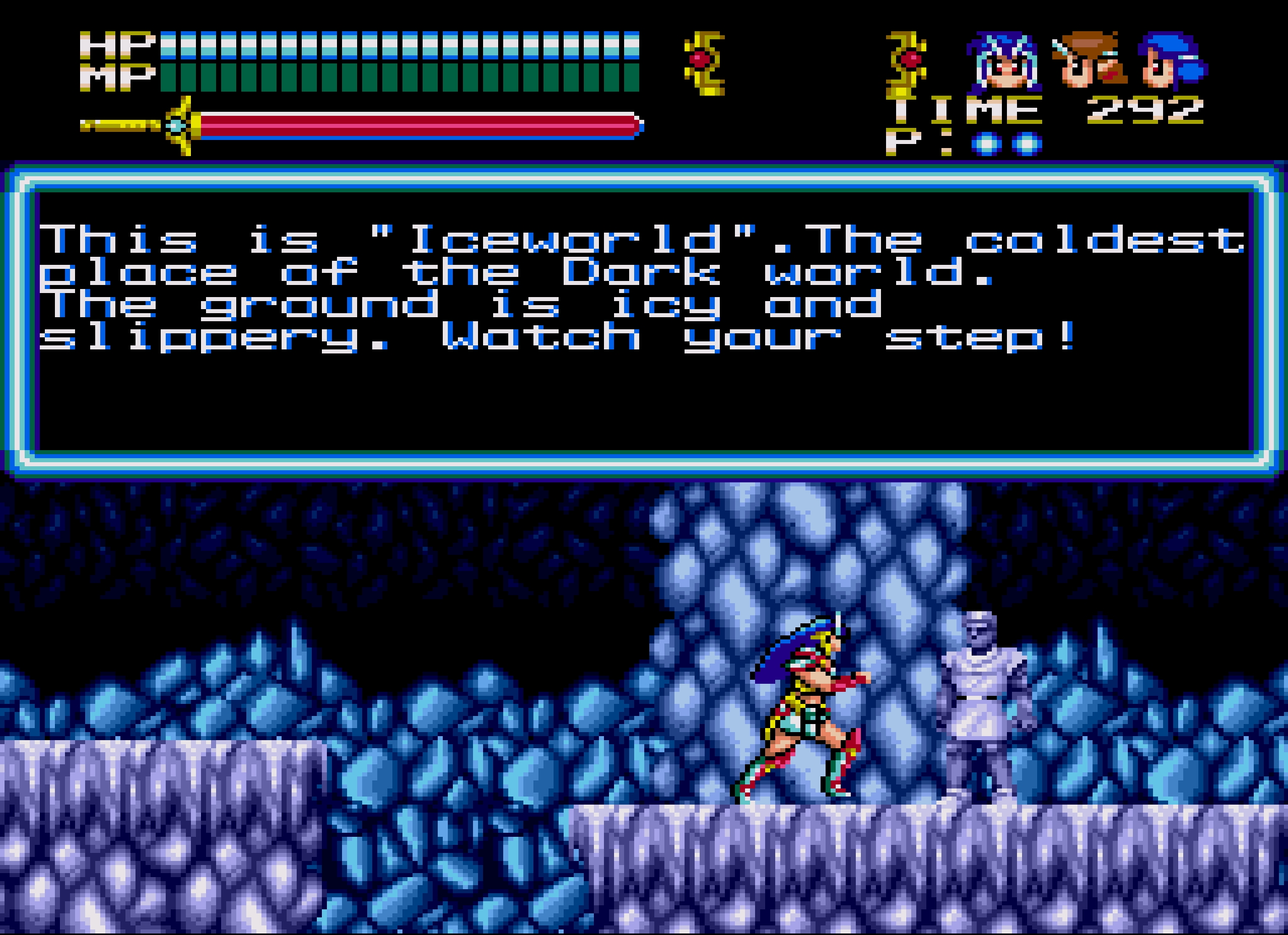
It's tempting to give this to Mini Motorways, the long-awaited followup to one of the greatest puzzle games ever made. Motorways, alas, is a broken, unrewarding game I dropped soon after release. (I've seen some folderol in the forums about the infamously-useless traffic lights perhaps being dependent on which way traffic is predominantly turning, but a) motorists without exception travel only to one specific location and back to the start, so if motorists taking a right to their destination, an equal amount of traffic is going to be taking a left on its way back, and b) Mini Motorways is not a traffic sim; it is a puzzle game based on an abstraction of a traffic sim, and if that type of micromanaging is what the devs had in mind, then I'm sorry, friendos, but that is way too granular for this framework.)
But this is Biggest Heartbreak, and I haven't been playing Mini Metro since childhood. I remember renting, and then buying, Valis III from the video store when I was a kid. I'd played and beaten Castlevanias, and I knew its gameplay wasn't much more than an afterthought, but the huge, animated anime visuals were impressive, and it was neat to play a game with three female warriors as the leads. Remembering that it was mostly a cakewalk and had infinite continues, I figured that once I sat down and carved out an evening for the task, my adult gaming skills, as they did with the original Zelda and Mario, could easily bring this long-unbeaten childhood favorite to its conclusion.
However. The programmers must themselves have detected that their game near-completely lacked challenge, as they moved to remedy that - in a manner consistent with a studio unable to create challenge through organic means. After beating the furthest level I had reached as a kid, I hit an ice level. It is composed of jumping to a succession of slippy, slidy platforms, many of them reachable only through the use of super jumps, triggered by hitting up and the jump button at the same time. However: triggering super jumps is extremely unreliable, in part due to plain poor programming, in part due to how you cannot be pressing left or right in any capacity when you attempt the super jump, or it will cancel into a regular jump and send you into the nearest bottomless pit. However: the spacing is so that you have to be on the very edge of the platform to make the jump, and as the platforms are slippy-slidy, some controller feathering is going to be involved to position yourself just right. However: you also need a bit of momentum to make the super jumps, as the platforms are spaced so that a bit of horizontal oomph is required to reach them, but you cannot press left or right when you attempt your super jump, as doing so will cancel the superness of the jump. So your only recourse is to land on the next platform, slide until you've hopefully reached the very very edge, then try the super jump at what hopefully is the correct split second and pray for the best. Spoiler: the best will very rarely happen.
Did I mention that some platforms have NPCs whose dialogue will auto-trigger when you walk by, interrupting you and taking you out of the gameplay when attention is absolutely crucial?
Did I also mention that the button combo for the auto-jump, a technique that required to finish the game, is deliberately omitted from the manual, so the player can enjoy the challenge of figuring it out herself?
This is an amalgam of some of the worst design decisions I have seen in a game - a completely deliberate clusterfuck of controller . It just sucks. Earlier in the year, I played Psycho Dream, from the same developers. I gave a lot of shit. I said it had the worst hit detection I had ever experienced, and that is true. It is better-designed than this game. It is a superior play experience. I wanted to complete Valis III! I find the presentation and the characters charming, particularly given the historical context! But I threw myself at this level for literally a couple hours, and I realized at the end that the same follies that were happening during my first attempts were happening at the end. No progress had been made; no gud had been gotten. I almost said "I was making the same mistakes," but no: I was not a factor at any point in this equation. Progress is completely up to the whim of broken, inconsistent controls and dodgy programming. It was at this point that I sadly realized that this challenge was in no way skill-based and that I had to give up the entire enterprise.
Look at this! Look at how my entire end-of-year article has been hijacked by a Valis lament! Here; have a screenshot of a whip-wielding hero fighting fishmen on a boat trip helmed by a cloaked ferryman.
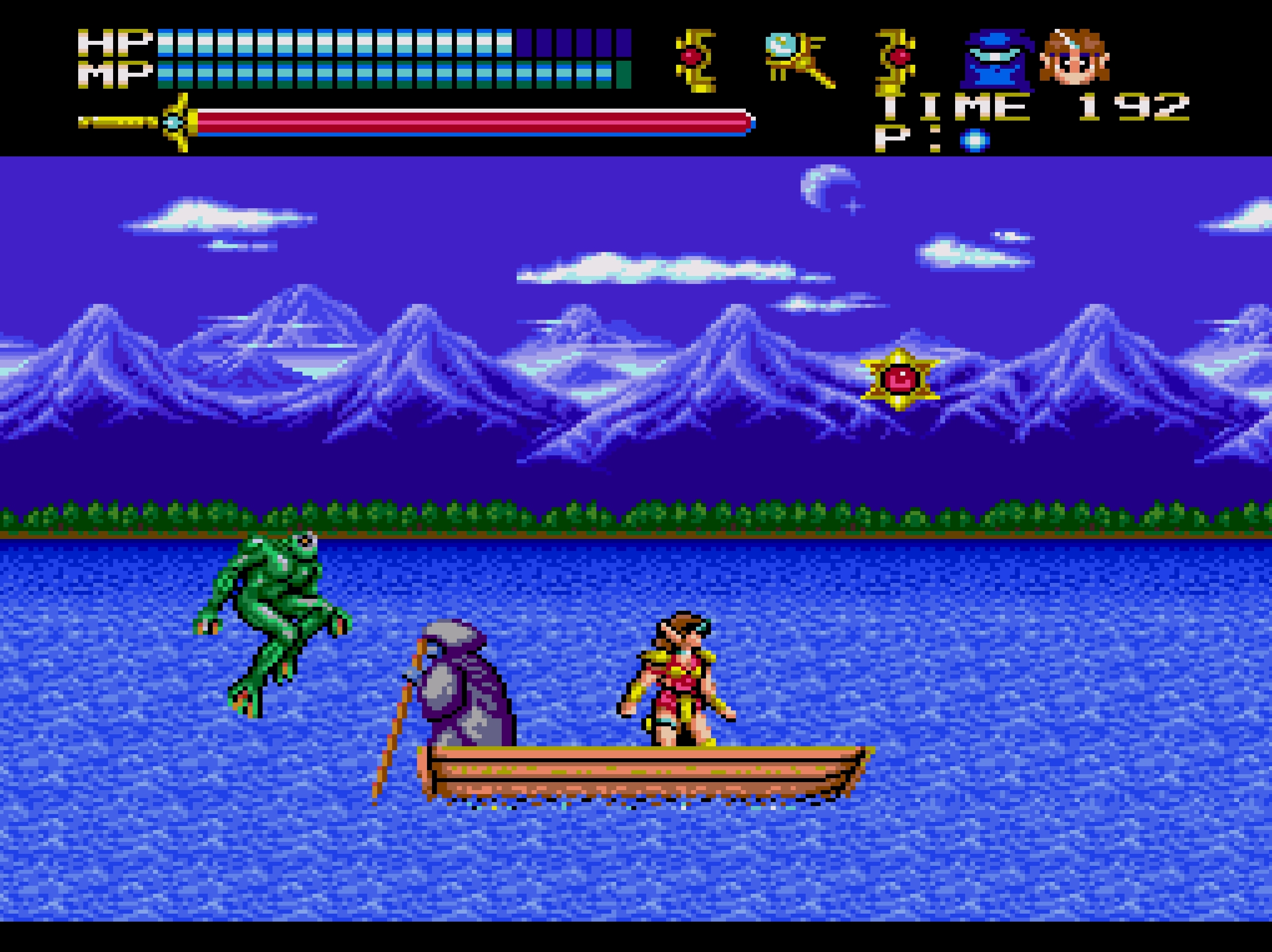

I tried to get the whip and the fishman in one shot, but it didn't work, OK? Like numerous other things in this game.
Best Character:

I didn't know exactly what 428's tabloid reporter Minoru Minorikawa was doing in the game initially; his storyline, about his desperate attempts to save the yellow sheet run by his combative former boss by pulling together a murderer's row of scoops, seemed tangental to the main thrust of the action, however scoop-worthy its events. This question soon answered itself, though: being a fucking badass, that's what. Minorikawa is just complete id, a bomb of total gleeful, PEN OF JUSTICE-infused chaos in the story. He just clomps around and causes a confident ruckus wherever he goes, demanding answers, slinging accusations, and pointing his finger all the while. He's great. There's apparently another game with him. It needs to get in my library yesterday.
Best Soundtrack:
I mean, could it be anything else?
(That seems to be an unofficial rip; please buy it here or on Steam, like I did.)
Please Stop (1):
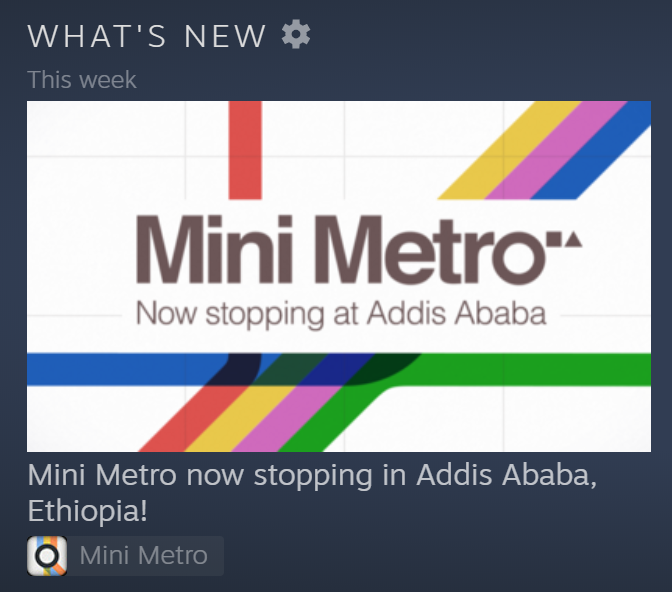
Adding and adding and adding content to games that aren't built to go on forever. I don't mean MMOs or multiplayer match-based titles that need infusions of new characters and maps and content to grow. I mean single-player games centered around a main campaign with a definite endpoint. I've gone on at length about this previously, and I don't think I can voice it better than I did there. I can observe, though, that this trend has certainly accelerated in the past year. Disco Elysium, hailed as the beginning of a new era in video game storytelling, is still getting story patches two years later. Mini Metro is getting new levels eight years after its initial release. I get the Kickstarter backer updates from Bloodstained announcing new playable characters and new retro modes (not the Curse of the Moon games; entirely new & different stage-based pseudo-Castlevanias), and I can only think: enough. I have been well and sufficiently entertained by my investment. Move on to the next title.
Stories need endings. Gaming experiences need satisfying conclusions. I need to keep my freaking Mini Metro platinum already. Please stop.
Please Stop (2):

I can hardly count how many completely unnecessary headaches I experienced over the past year through the revived tendency toward building useless walled gardens around rickety platforms. As I stated during the Skeb fiasco: I can completely understand Japanese artists and vendors wanting local control of their platforms. What amazes me, though, is just how inexplicably bad these platforms are, how thoroughly their operation procedures seem determined by self-defeating spite. Stop arbitrarily hiding payment options behind otherwise-useless logins. Stop snittily taking items off your storefront for a couple months, unavailable to any potential buyer foreign or domestic and not generating any profit for you at all, for the sin of a regular customer wanting to pay you money for this merchandise using the payment options you claim to accept. Stop putting prestige manga on porn doujin sites. Stop soliciting commissions on a site with literally no customer support in any language whatsoever that keeps charges on clients' cards for months on end regardless of transaction status and bricks accounts at the drop of a hat. Stop forcing people who want to enjoy and pay you for your content and products to engage with the skeeziest platforms on the internet.
Please Stop (3):
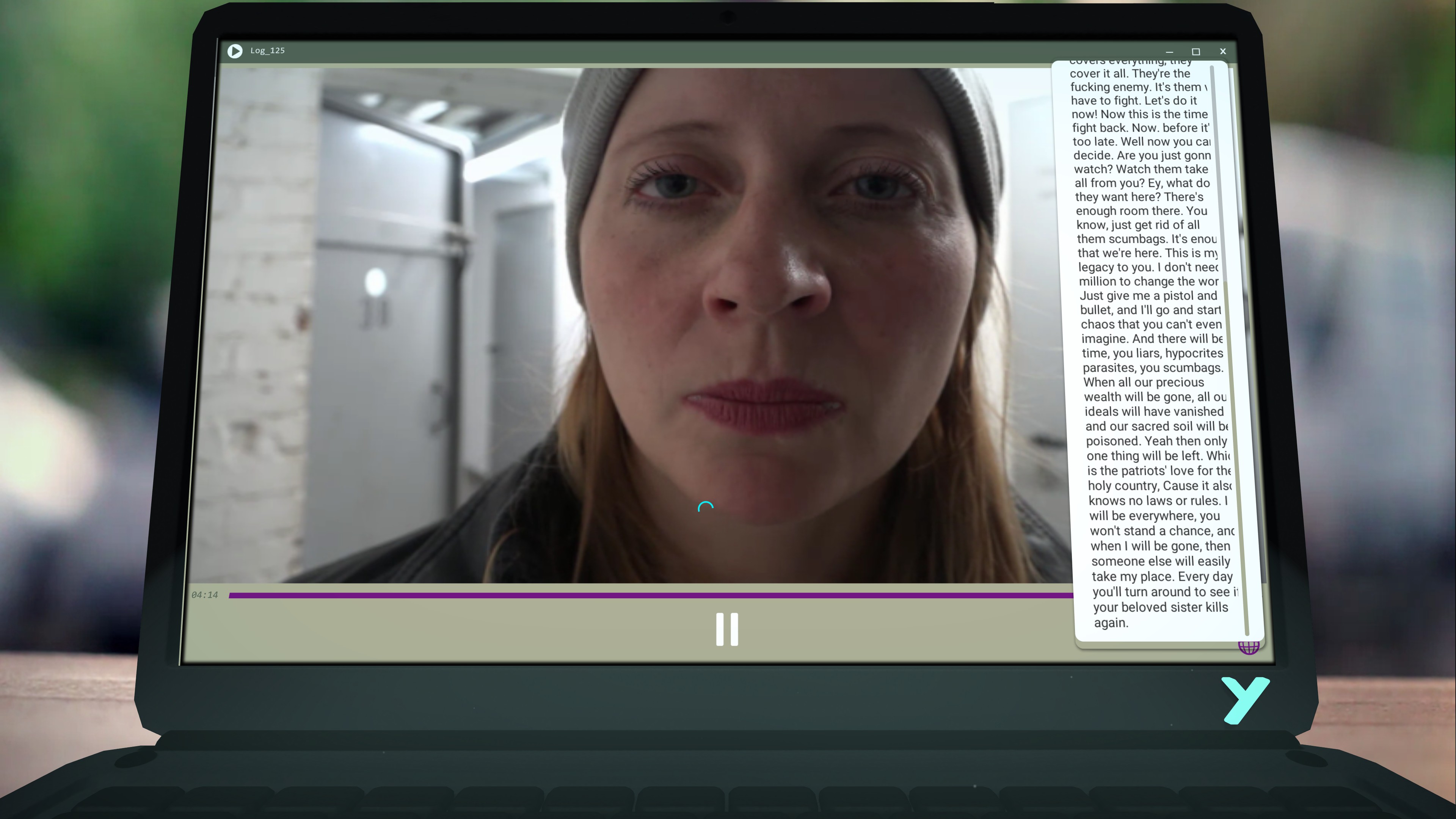
This'll make sense in a couple days: if you have a character in your ostensibly anti-racist game deliver a four-minute paean to the Aryan fatherland at the climax of your game, and you DON'T want it to seem as if your work is espousing this philosophy, BE VERY, VERY CAREFUL HOW YOU FRAME AND USE THIS MATERIAL.
Most Aggravating Bullshit, Non-Ice-Related:
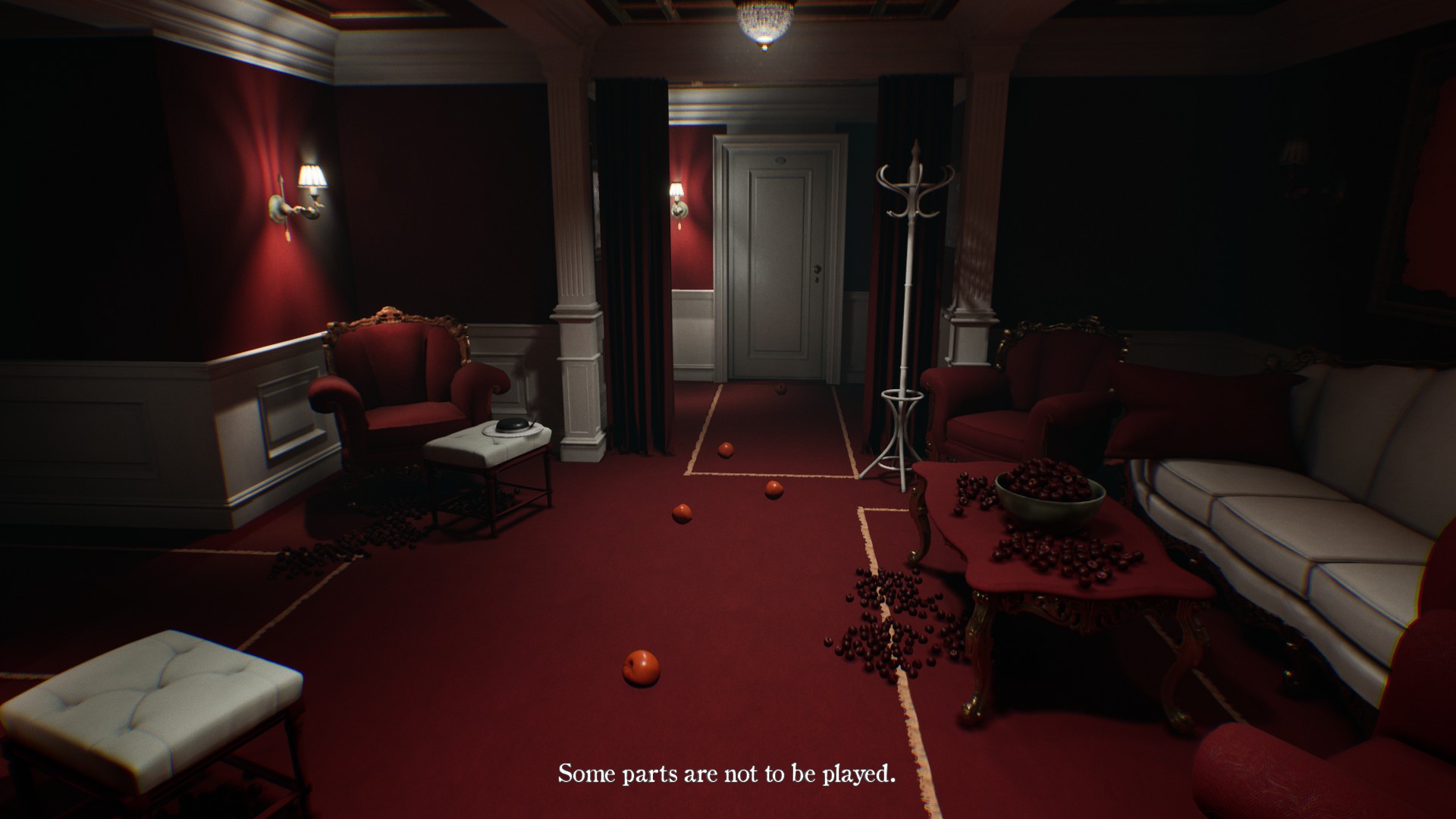
I'd like to give this to Twelve Minutes for its protagonist's ridiculous refusal to attack its murderous antagonist until the would-be assailant is directly facing him, sabotaging any attempt at the element of surprise on your part. Fixing this, though, wouldn't have saved Twelve Minutes. On the other hand, it could be argued that forcing the devs to cut the utterly insane amount of game time dedicated to opening and closing doors in Layers of Fear 2, from devoting the game's first couple hours almost entirely to opening and closing dozens of doors without anything else happening to hinging chase gameplay on moving around squeezy doors in tight spaces (what? what?? WHAT????), would have tightened up that game's pacing and helped give it some direly-needed focus. It's a crying shame that its imagery and story were botched by some completely inept storytelling.
(Back in 1995 might appear to merit some mention here, as it's just non-stop aggravating bullshit on purpose, but the aggravation is less severe in a larger-picture sense, since there was absolutely nothing to ruin there. Back in 1995 came pre-ruined.)
Best Moments:
- The entire aesthetic of Paradise Killer.
- Finally beating that last boss of Gauntlet after two hours of attempts and learning to how to survive wave after wave of foes, getting killed on what I thought was my last life but discovering I had one last resurrection token, surviving one *more* onslaught I thought I couldn't to deliver the death blow. It was a real...uh, what's a word for a long, grueling test of endurance and mettle? I'm sure I'll think of one. Hang on.
- Doom Horse, the revenant purple spectre of the hatred of Custer's fallen troops at Little Bighorn, in Live-a-Live. This is why we pay video games the big bucks.
- The crusty old machine-hating Corporal pulling the robot Cube over in a chair to have a heart-to-heart with him, treating him like a fellow comrade and person, after they defy the typical sci-fi story arc of set-in-their-ways military personnel distrustful of new technology to come together and trust and bond in their common humanity to overcome the threat. And the ending cup of coffee: "Bitter, as I expected...but right now, there's nothing that tastes better in the world", in Live-a-Live.
- "I don't think that you really *mattered* as much as you think you did", Even the Ocean. Despite my mixed feelings on the title's denouement, this was a real gut punch few games would have the audacity to throw.
- Riverton from Even the Ocean, one of the most appealing RPG towns put to pixels in something not named Baten Kaitos. Its sheer charm calls the game's ultimate conclusions into question.
- Deedlit remembering "her dear knight," Deedlit in Wonder Labyrinth. Probably the moment of the year for me.
- Pirotess's simple vow to her lost partner - "I will love you forever" - in Deedlit in Wonder Labyrinth, poignant in its frankness and simplicity.
- Deedlit's face in the icon art of Wonder Labyrinth - like the game itself, a work of unabashed, undimmed love.
- The climax of the second case of Hermitage: Strange Case Files, a giallo-esque mad massacre by a woman defending her..."son." For its severely jumbled translation, this game has its moments.
- The scene in 428 where Minorikawa's terminally-shy colleague Chiaki is just immobilized by the task of having to approach stranger after stranger for person-on-the-street interviews. After defaulting to his usual brash bossiness, Minorikawa eventually sits down with her and, with atypical care and consideration, gives her some surprisingly heartfelt professional advice. One of the best ways to reach out and make a connection with others, it turns out, is to reach deep down within yourself.
- The ending of Minorikawa's storyline in 428, which communicates how ennobling good work is, the triumphant contribution of your own unique talents to the world to make it better and solve problems - overcoming obstacles successfully, rising to a challenge despite all odds, and looking forward to the next one. It's the type of workaday satisfaction and accomplishment that's not usually lionized in the escapist world of video games but is shiningly represented here.
- The young, earnest detective Kano's crucial decision in 428. The starstruck Kano has modeled his entire career on the feats of one legendarily fearless senior detective - and then, in the course of the day, he learns from him in a different way, a more complex way, and instead of reacting predictably, in the way one might expect from a wide-eyed young man, he instead proves himself possessing of the strength and character to put that knowledge to work in the climax in a very satisfying manner.
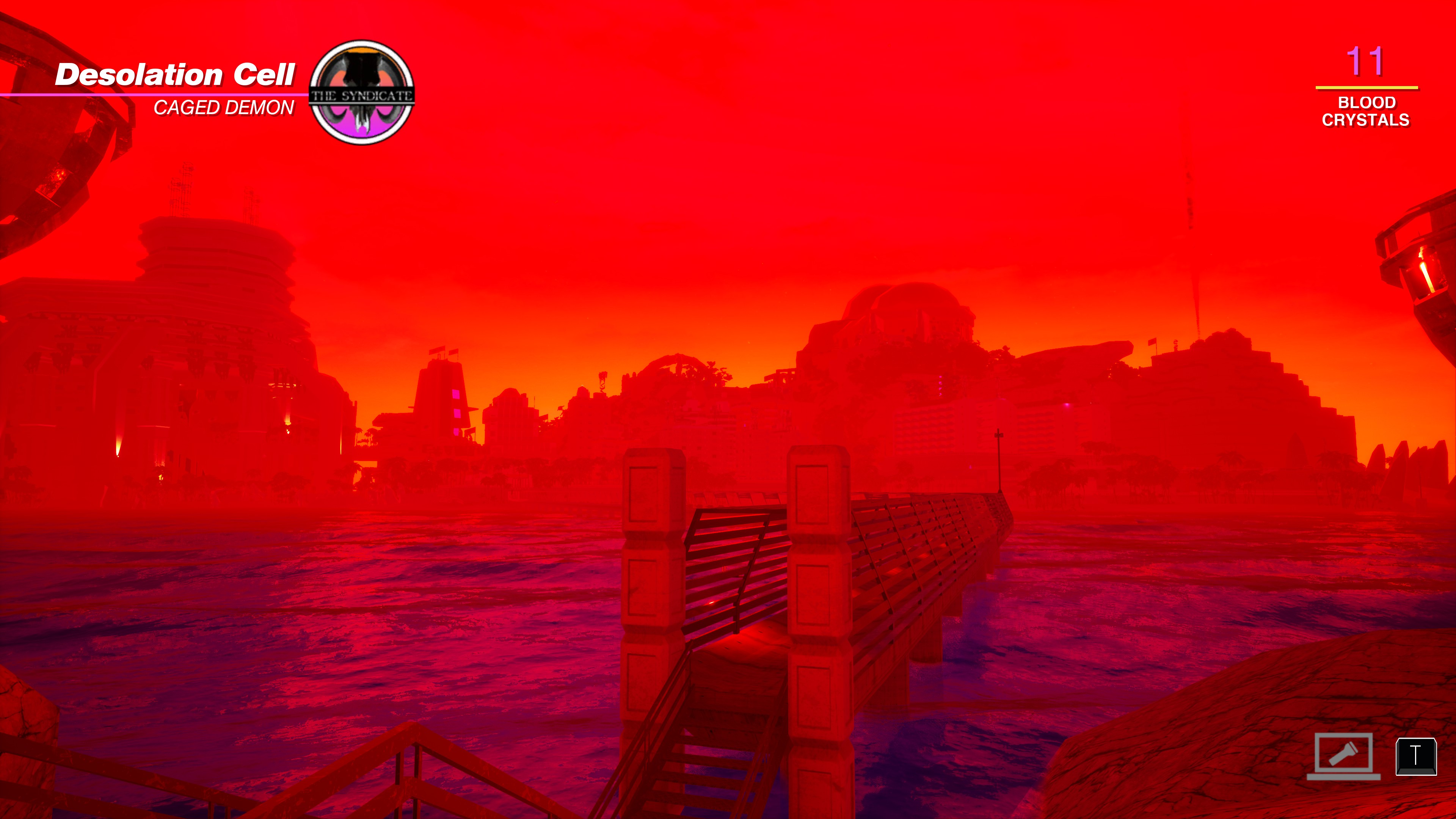

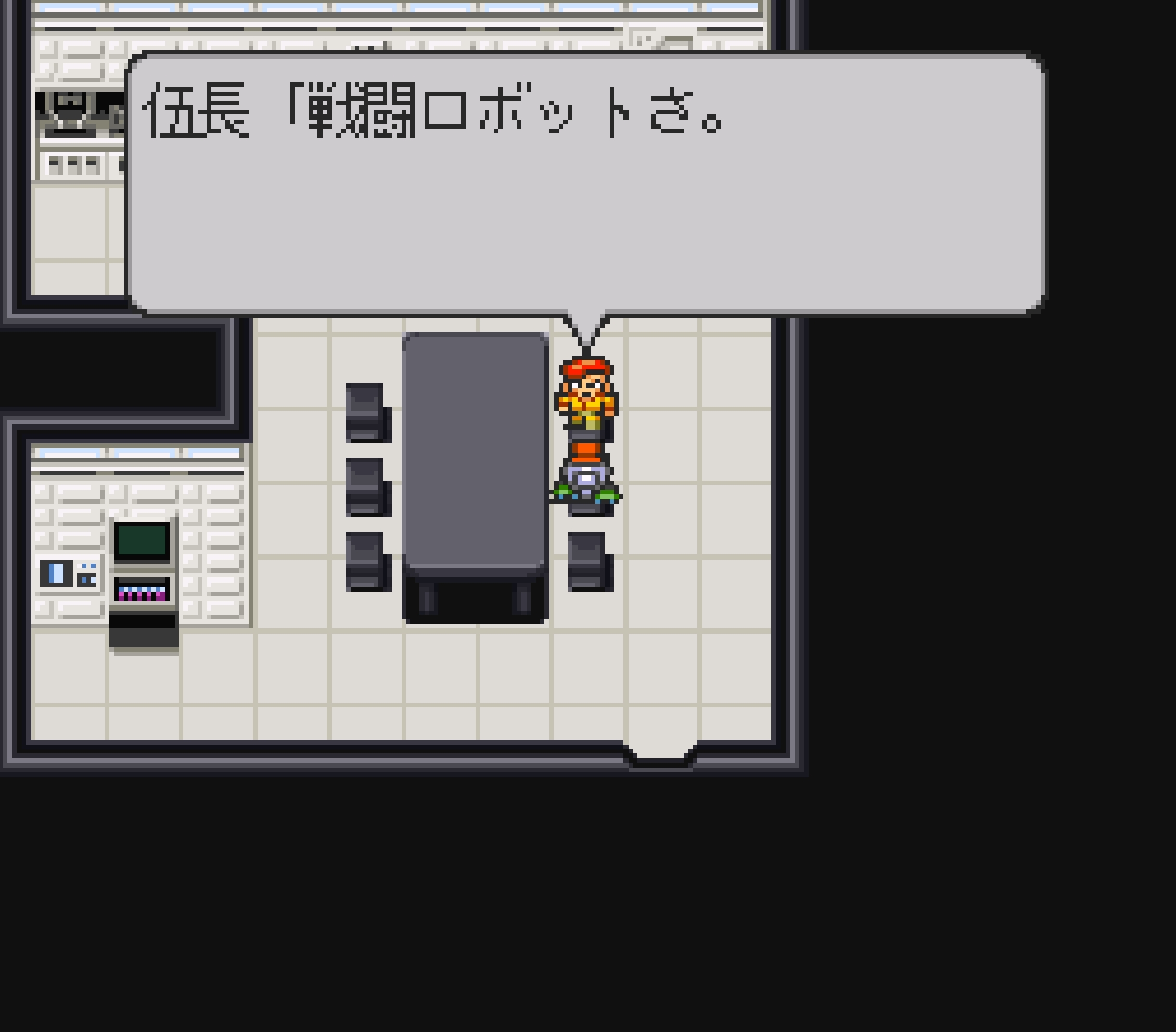
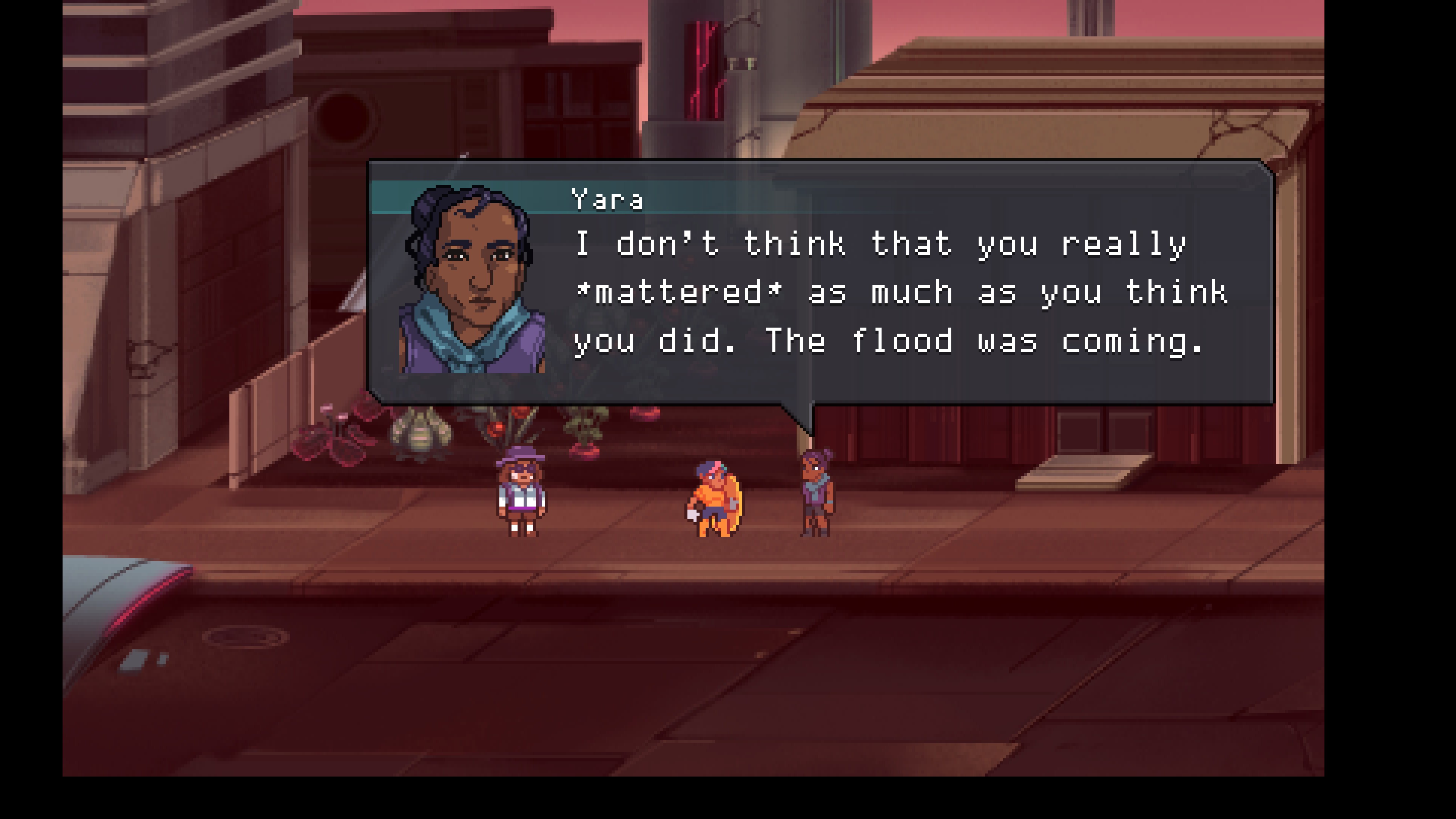
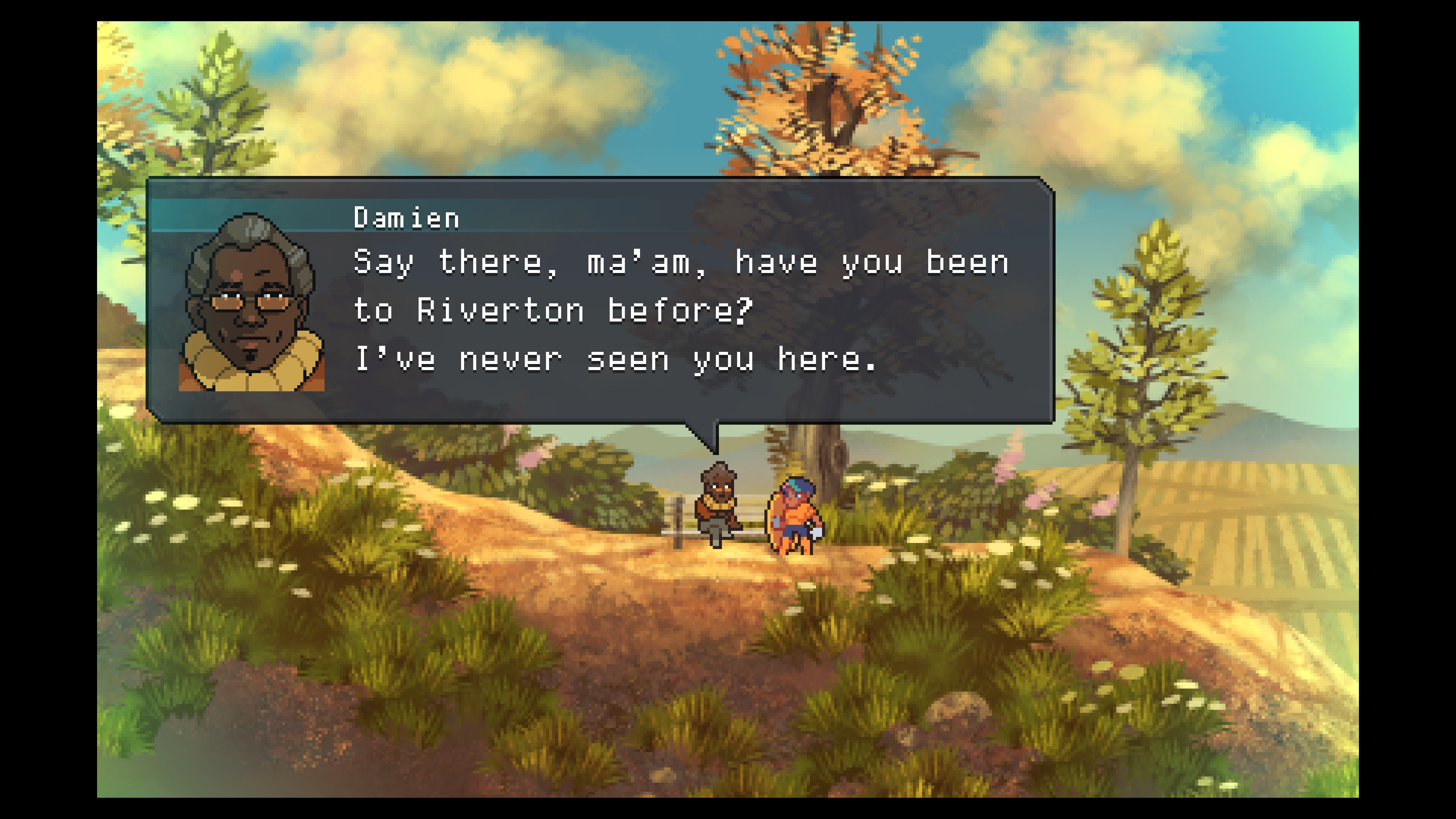
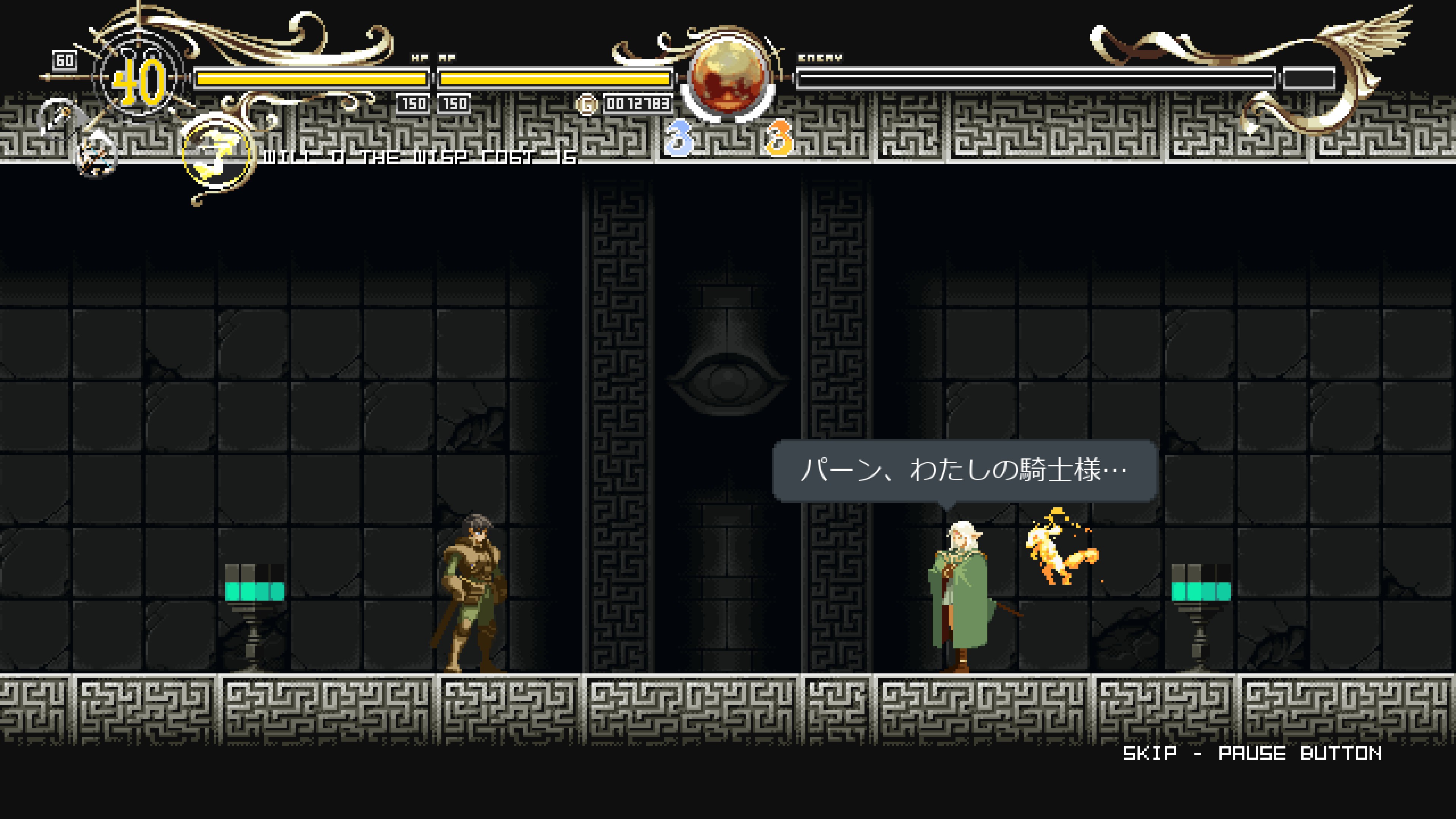
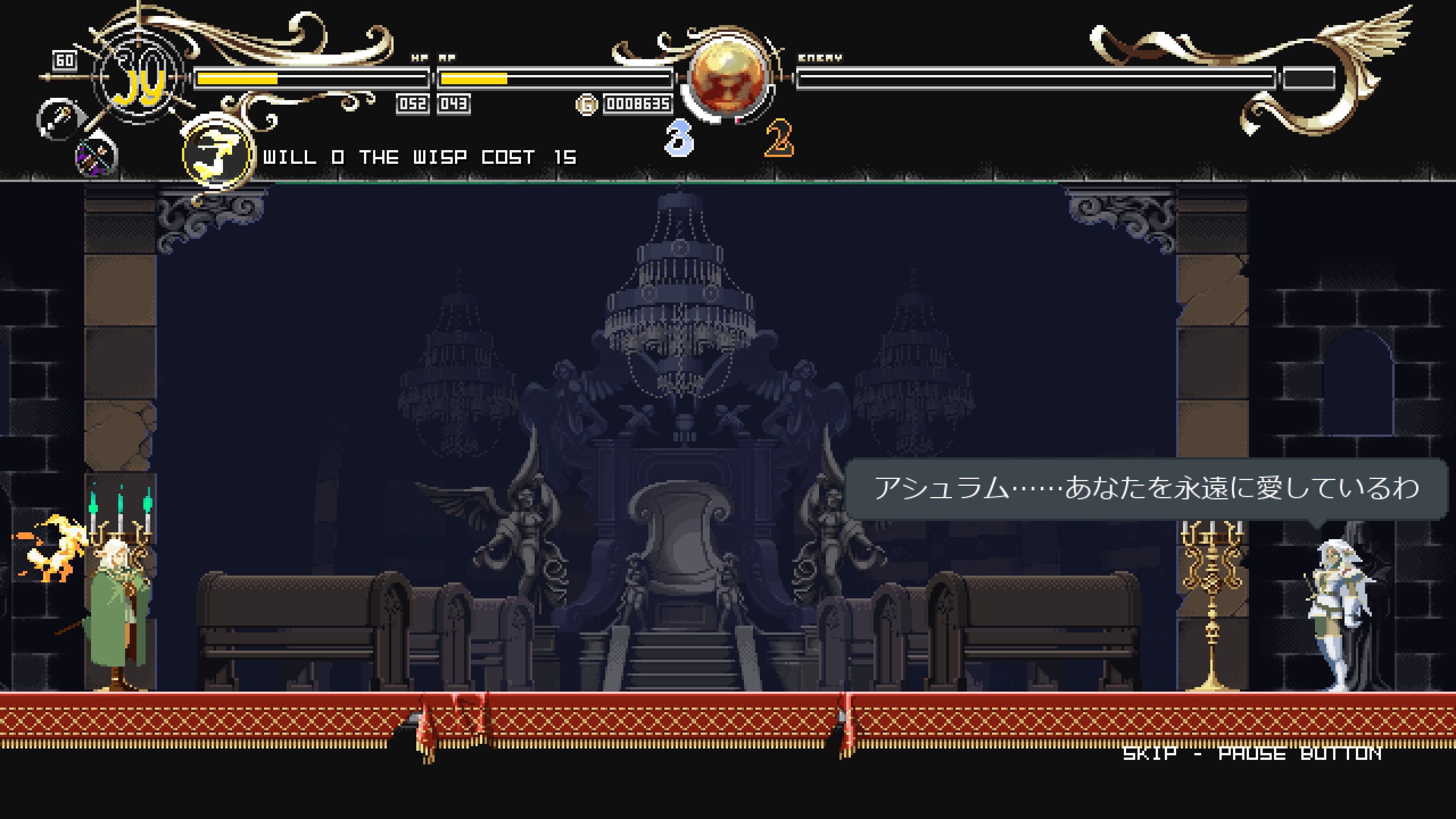
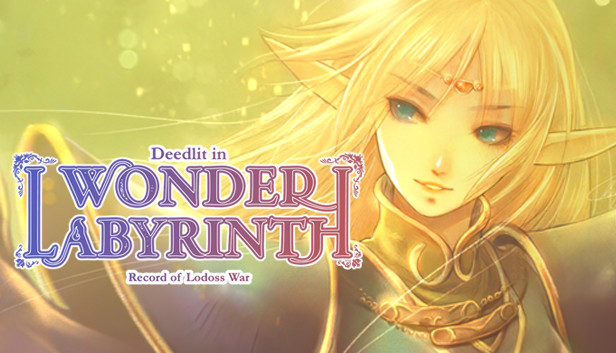
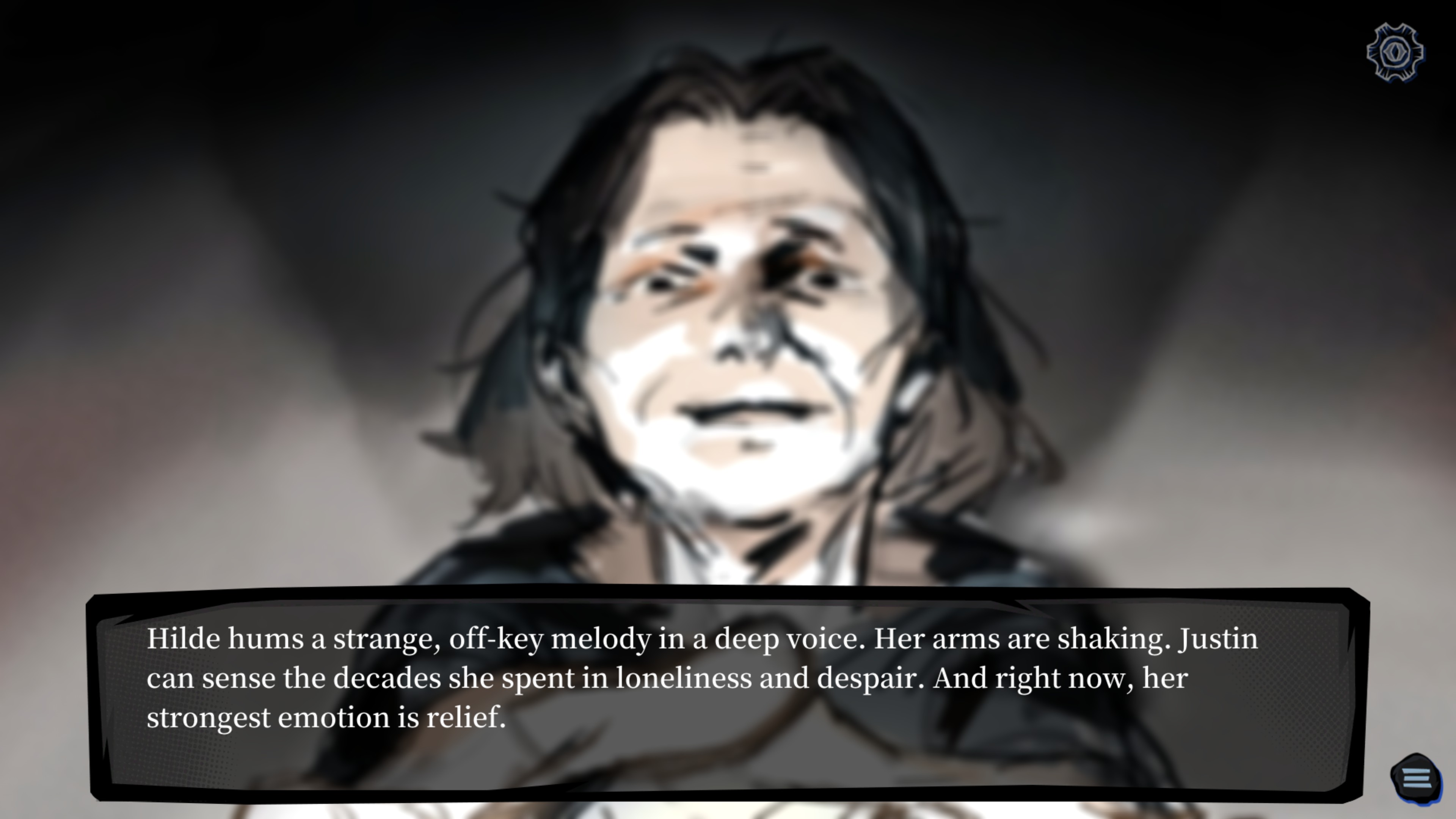
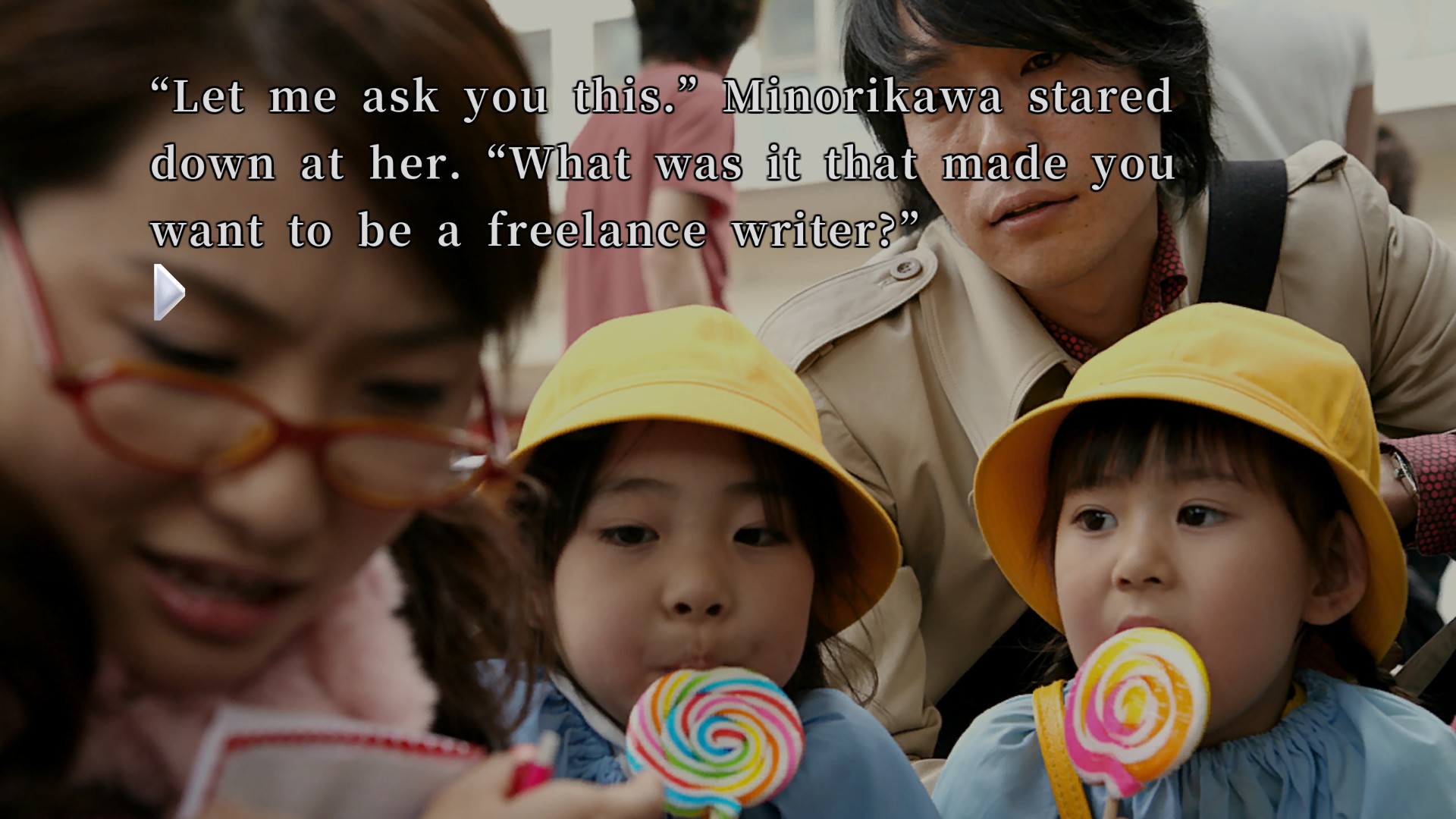
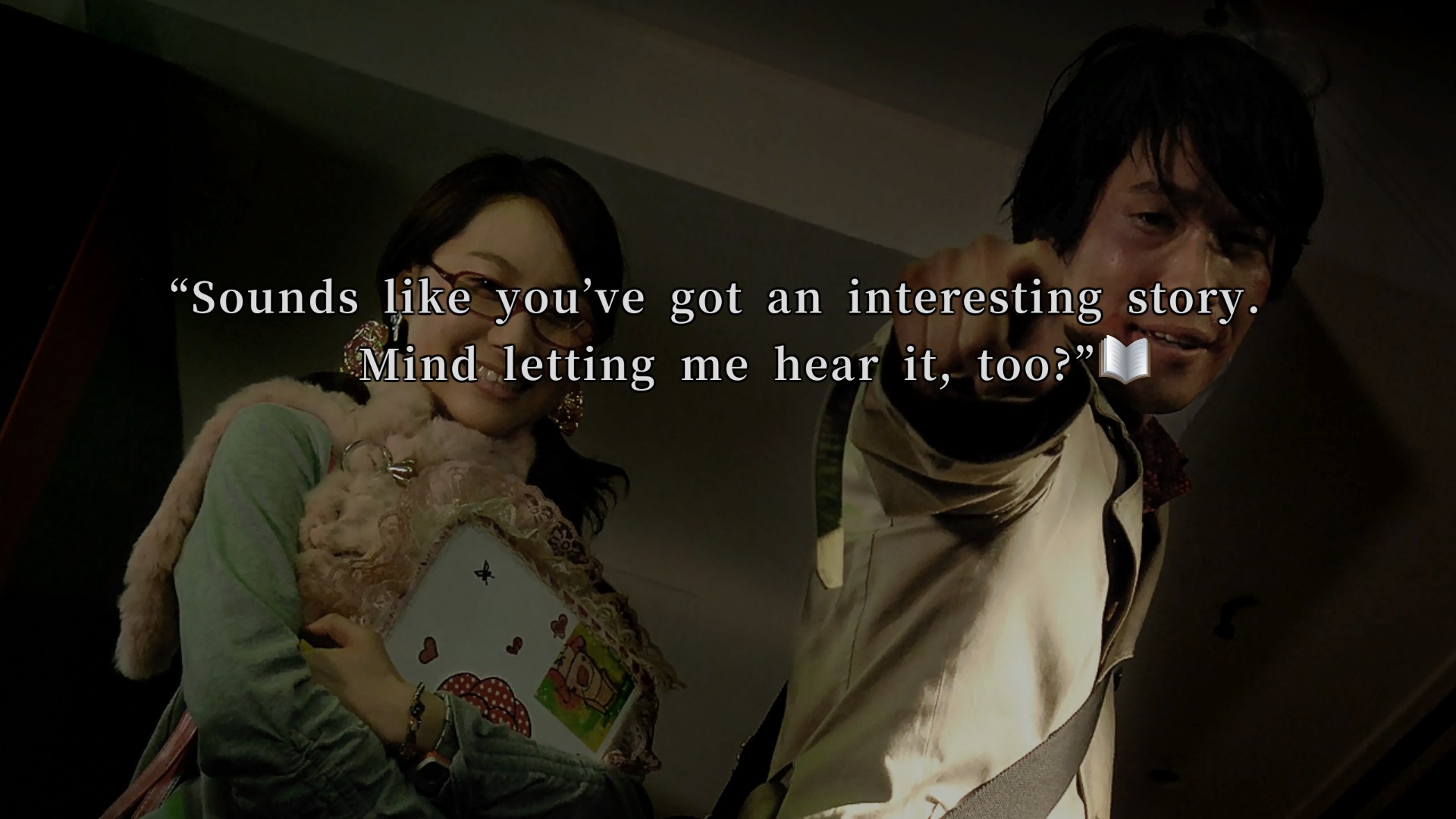
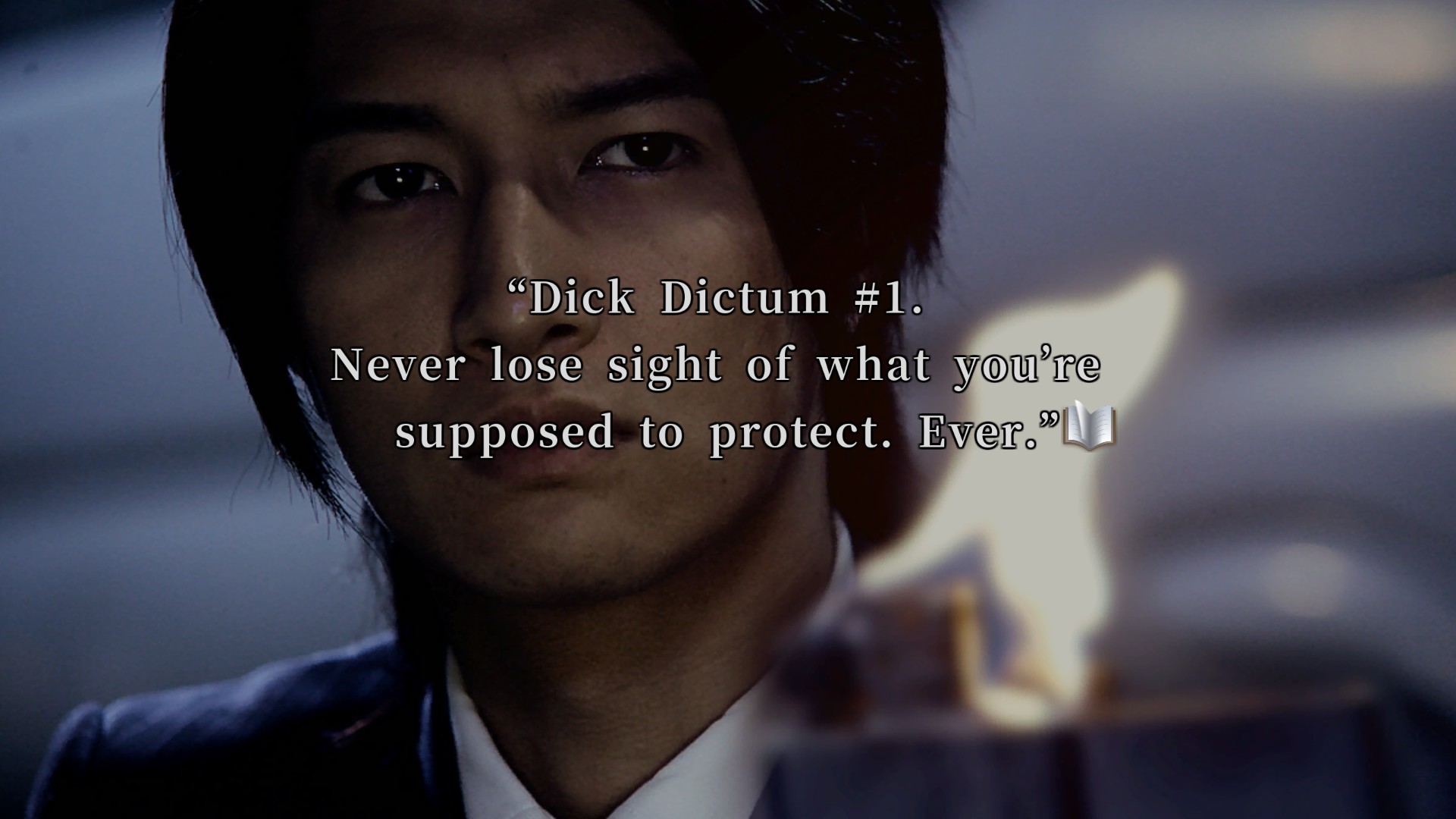
To close out, let's have one more best moment of the year, a well-hijacked wish from the Magician's ending in the Switch Online puzzler Magical Drop II:
